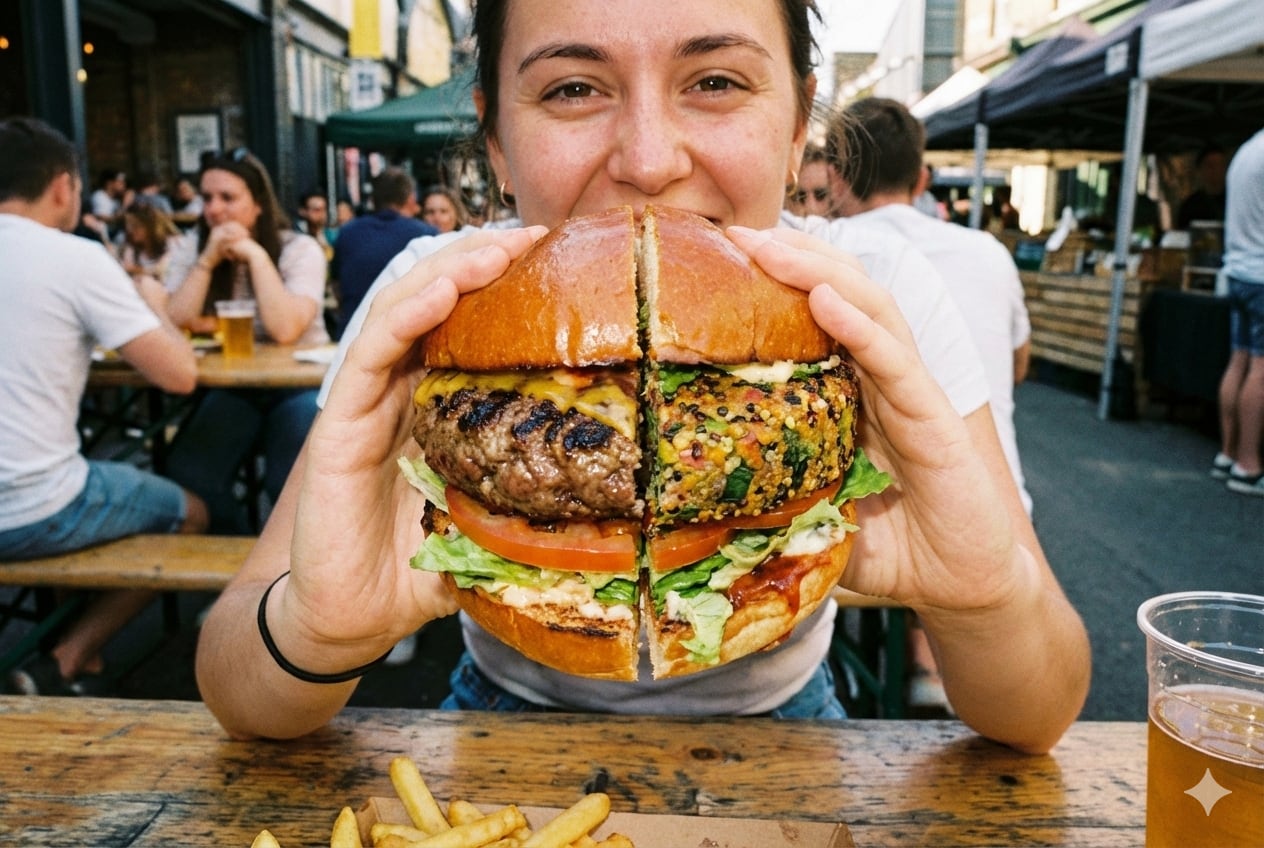
Do consumers want hybrid meat?
The hybrid meat market aims to provide consumers a happy medium between meat and plant-based
News & Analysis on Food & Beverage Development & Technology

The hybrid meat market aims to provide consumers a happy medium between meat and plant-based

Yerba mate is breaking out from its South American roots, fuelled by soaring exports, innovation and booming global demand for natural energy beverages
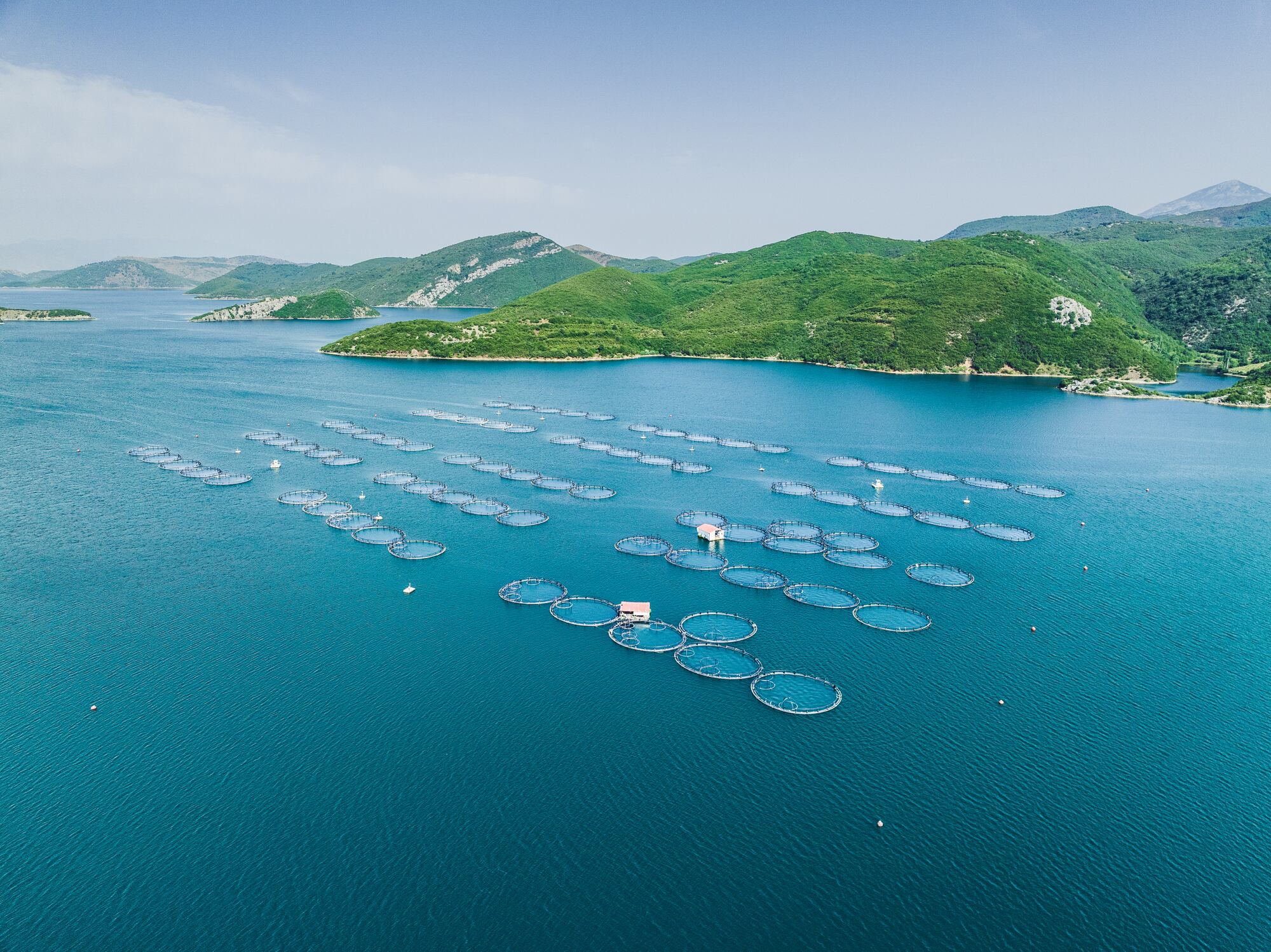
A deeper look shows aquaculture’s climate impact depends less on fish and more on governance
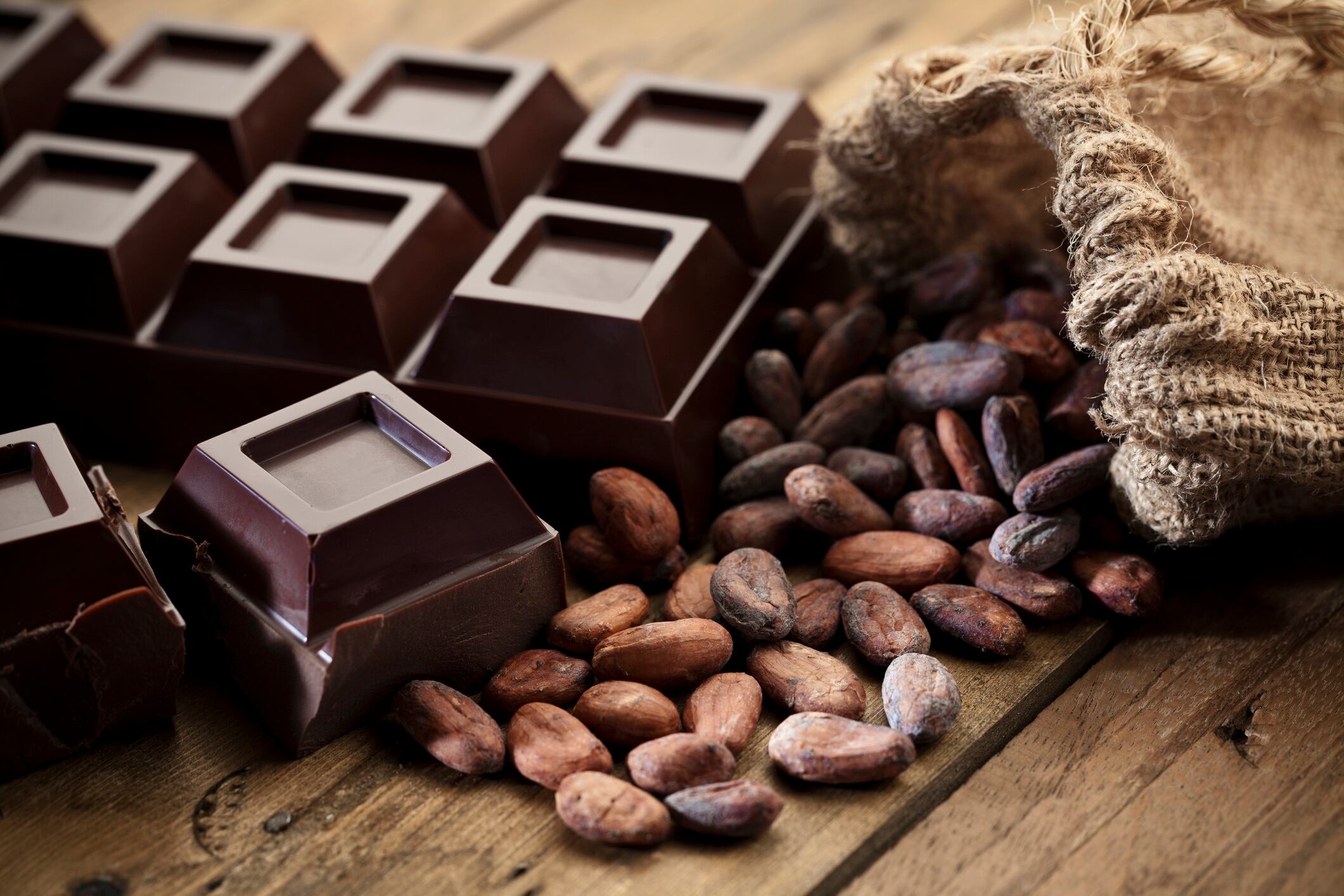
Cocoa prices plunge to two‑year low as surpluses reshape the market
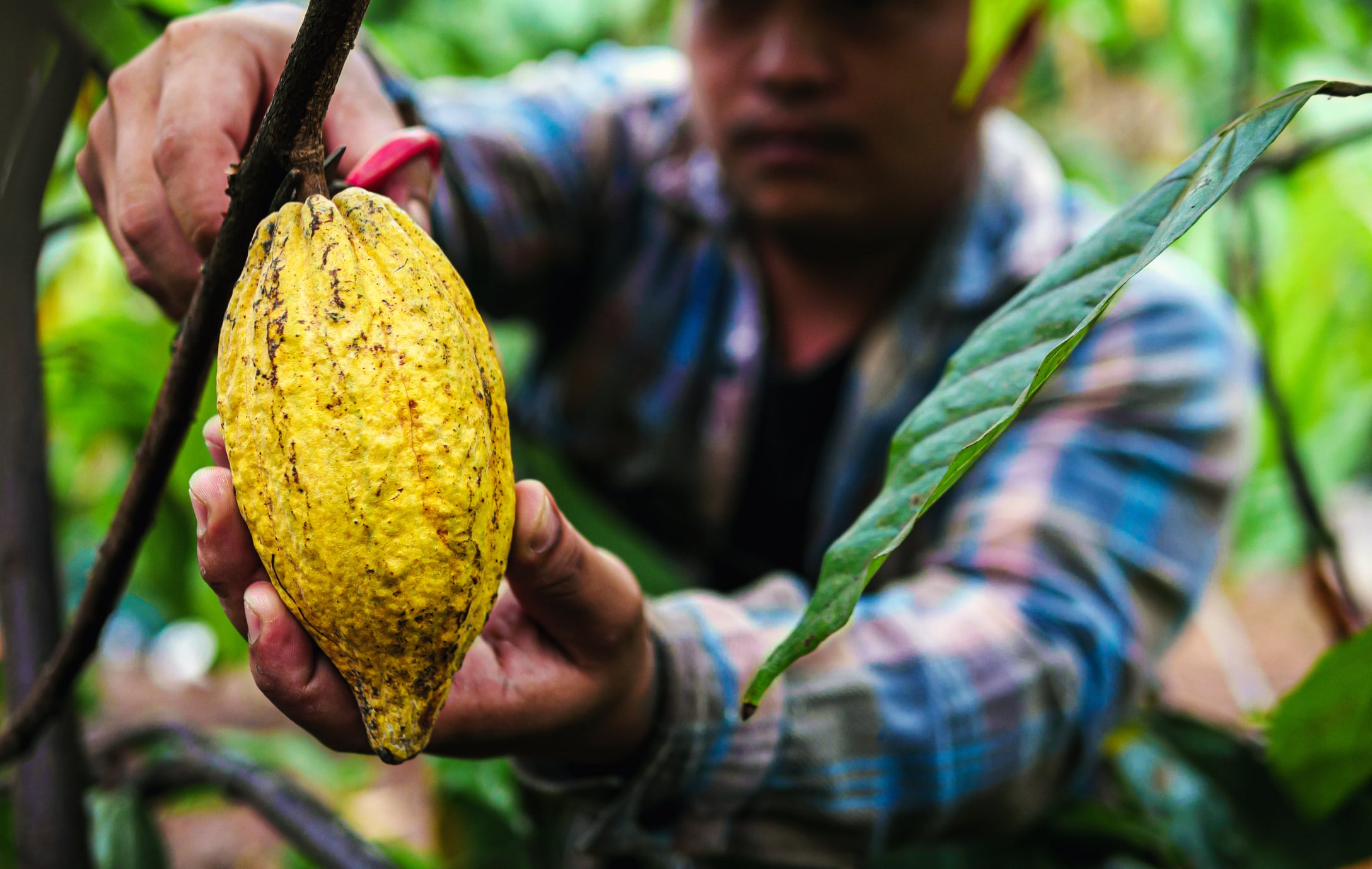
Soup-To-Nuts Podcast
Climate change, disease pressure and record cocoa prices are forcing the chocolate industry to rethink ingredients, processing, and the future role of cocoa – but how will potential solutions impact farmers and consumers?
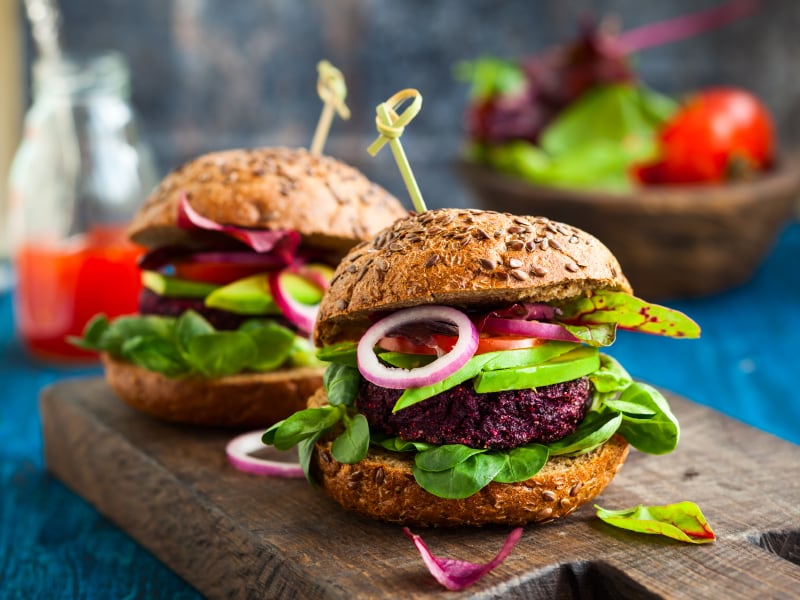
Soup-to-Nuts Podcast
As protein demand rises and consumers grow choosier, Good Food Institute Founder Bruce Friedrich outlines how plant-based and cultivated meat can move beyond hype and become investable, scalable industries
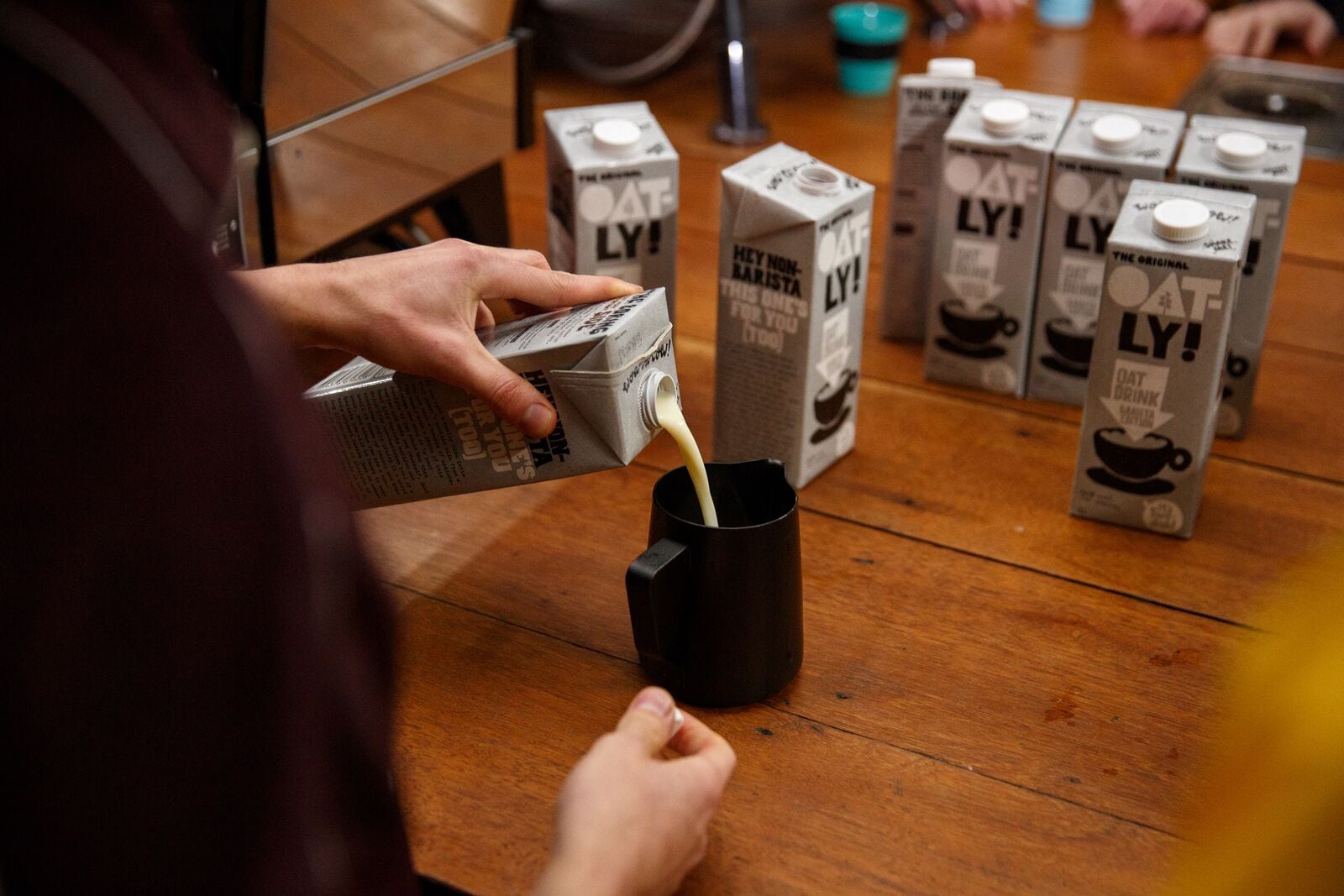
Although admitting it’s a risk, Oatly is addressing the UPF issue head-on
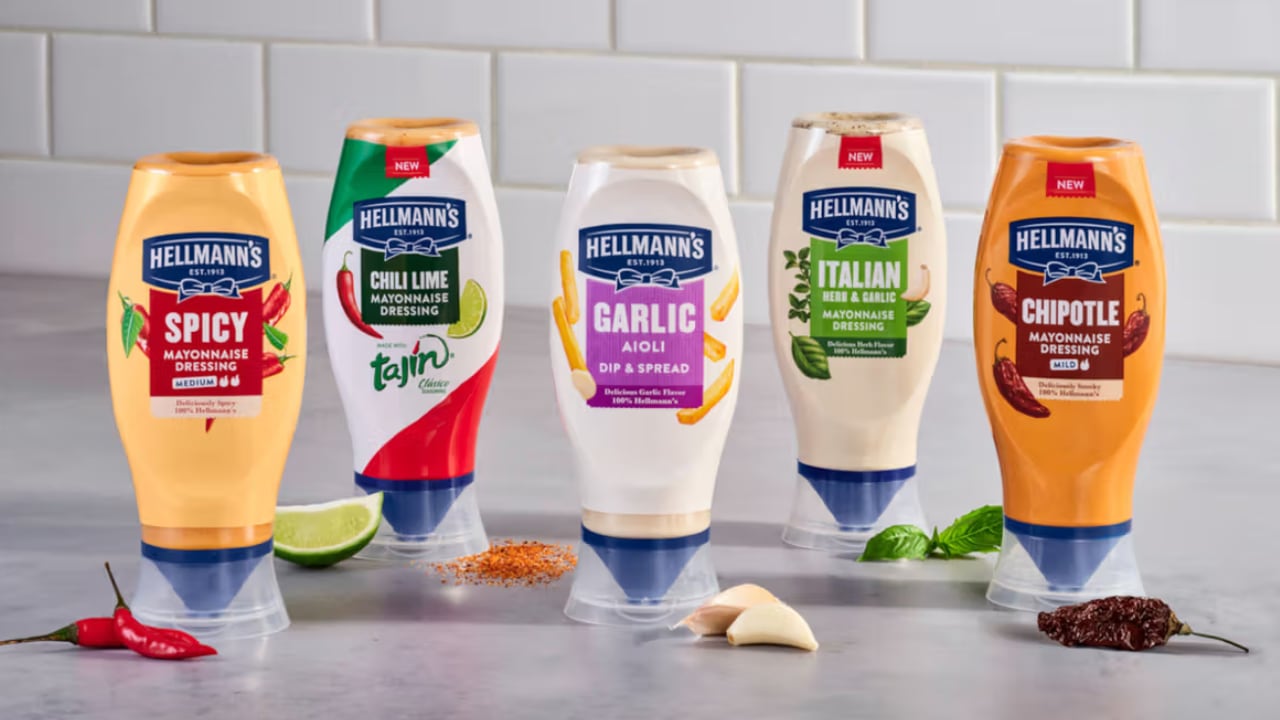
Mayonnaise giants are squaring off against better-for-you upstarts like Graza and Chosen Foods in the race to reinvent a creamy classic
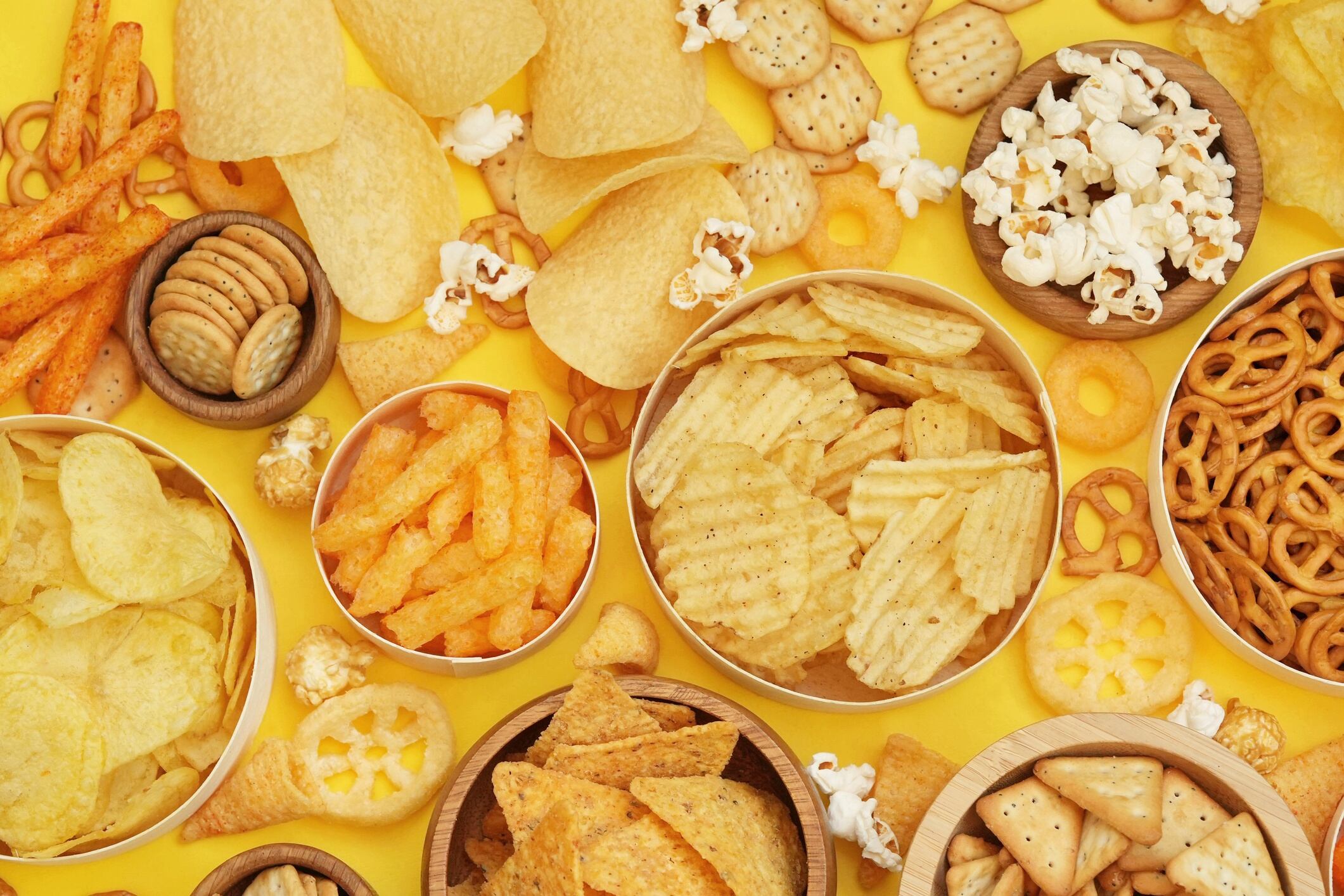
In a near-$700bn global market, a handful of companies now decide what scales, what sticks and what survives, and in 2026, the power gap is only widening
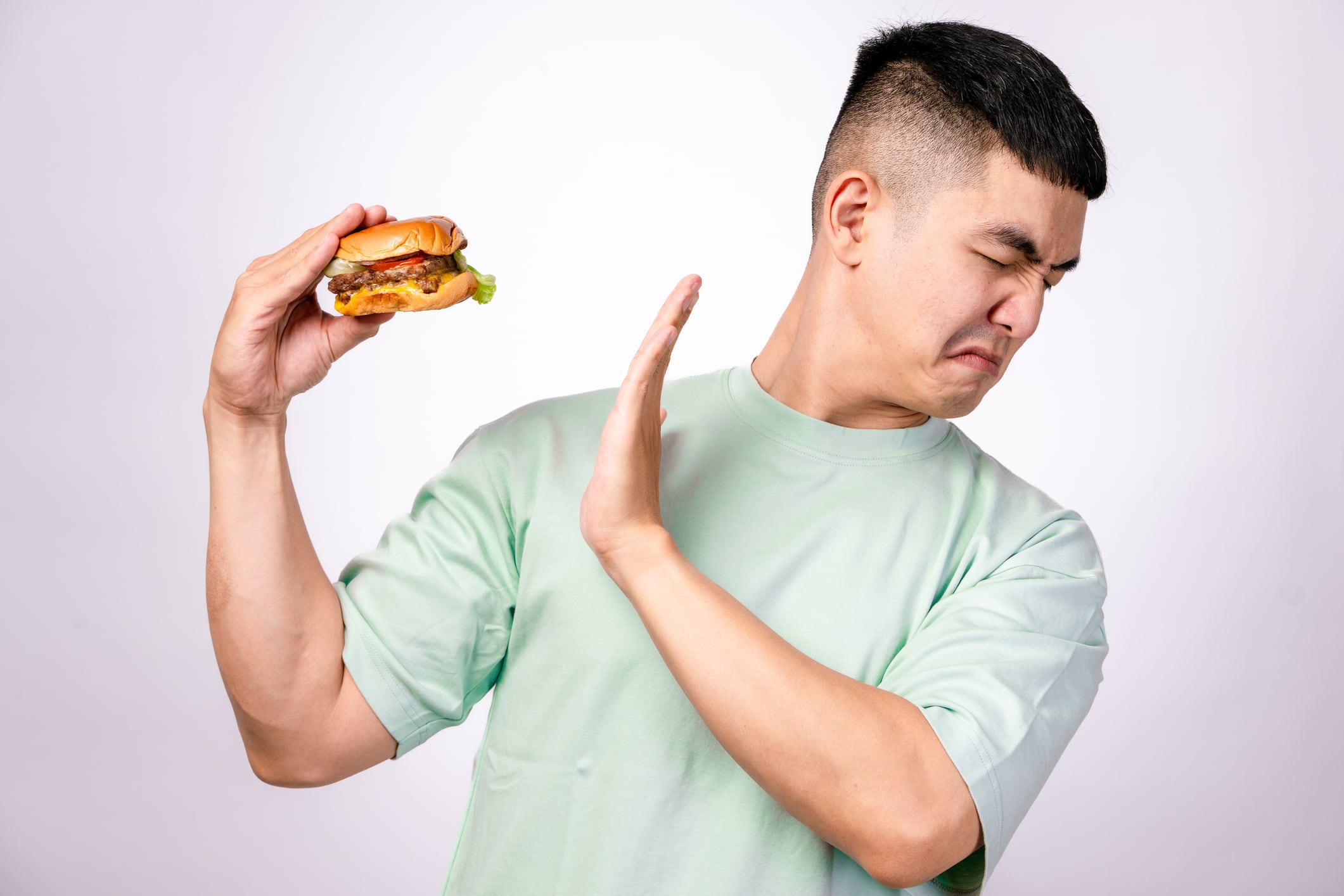
Lowering meat consumption remains a key part of European diets
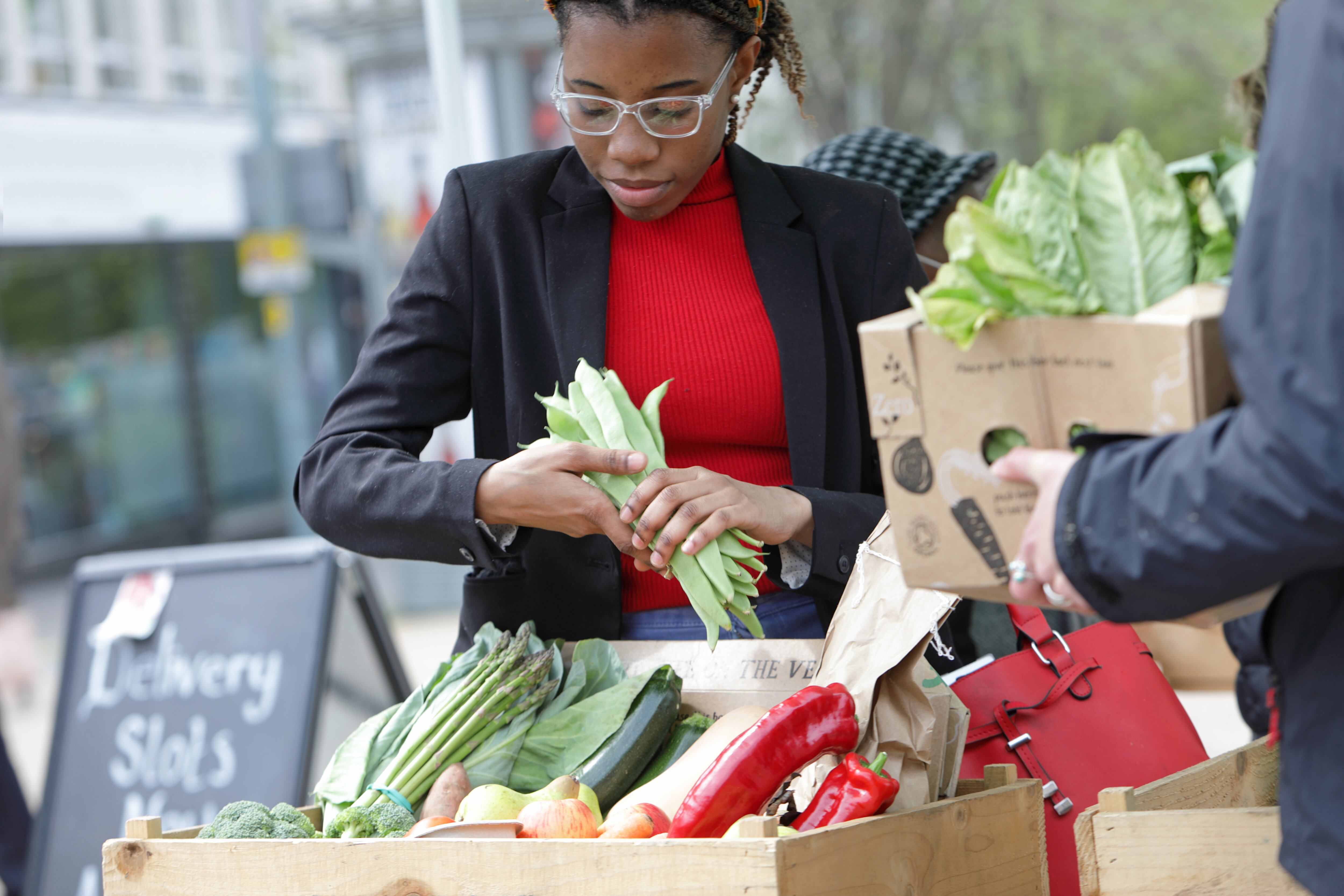
Diet Trends
Spins analysts say younger consumers are turning to wearable technology and AI tools to customize nutrition and choose foods that deliver health benefits and flavor
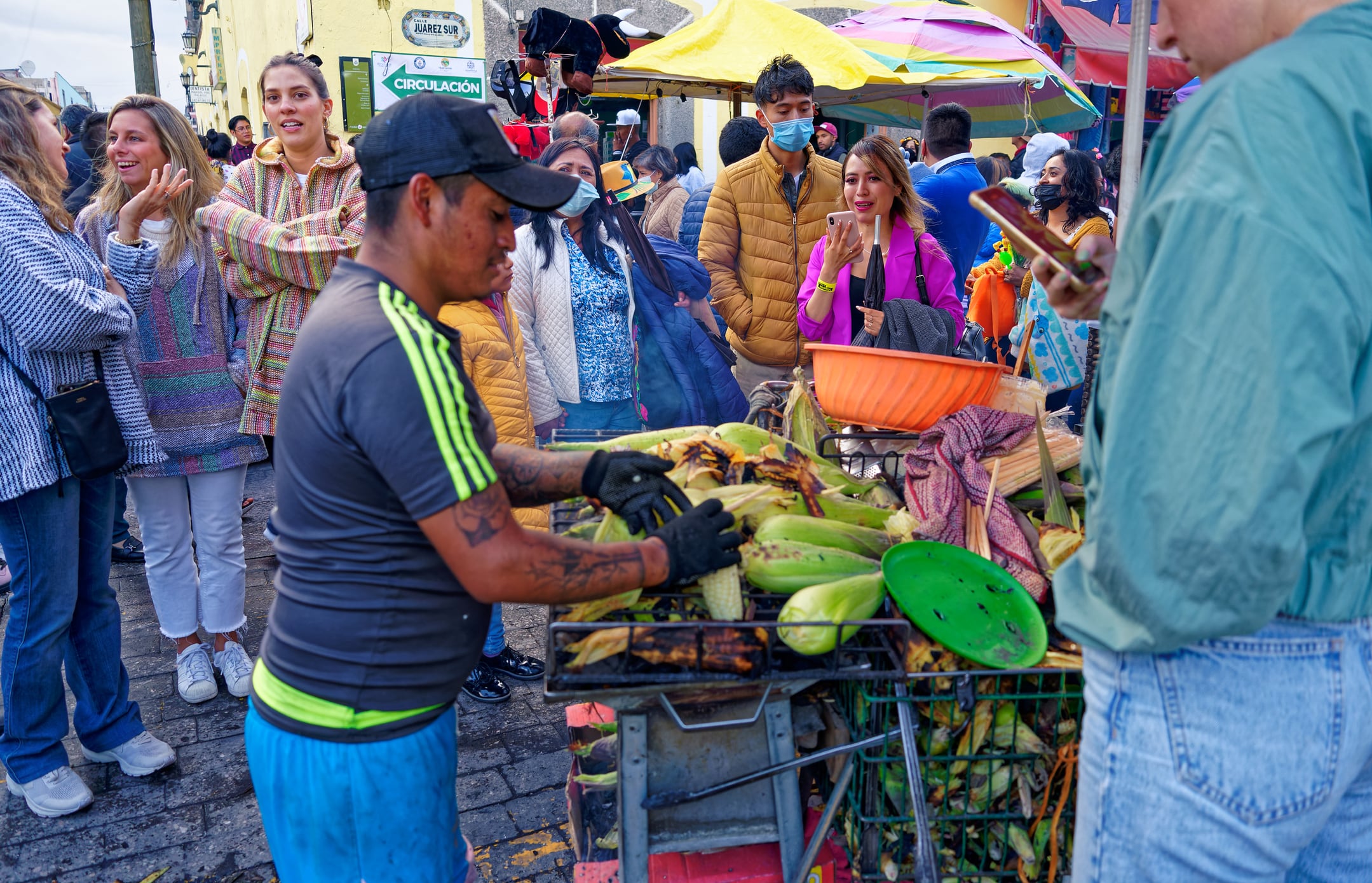
From street food-inspired rice cups to Mexican corn chips, big food makers are betting that spicy flavors and convenient formats will resonate with shoppers
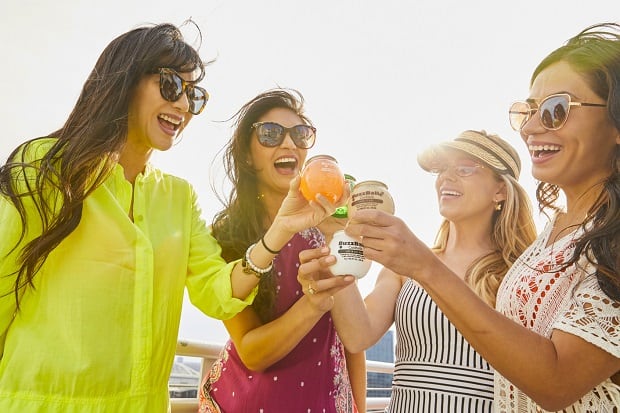
BuzzBallz has become Gen Z’s go‑to party prop, fusing bold flavours, playful design and recession‑proof pricing to rewrite the rules of ready‑to‑drink cocktails
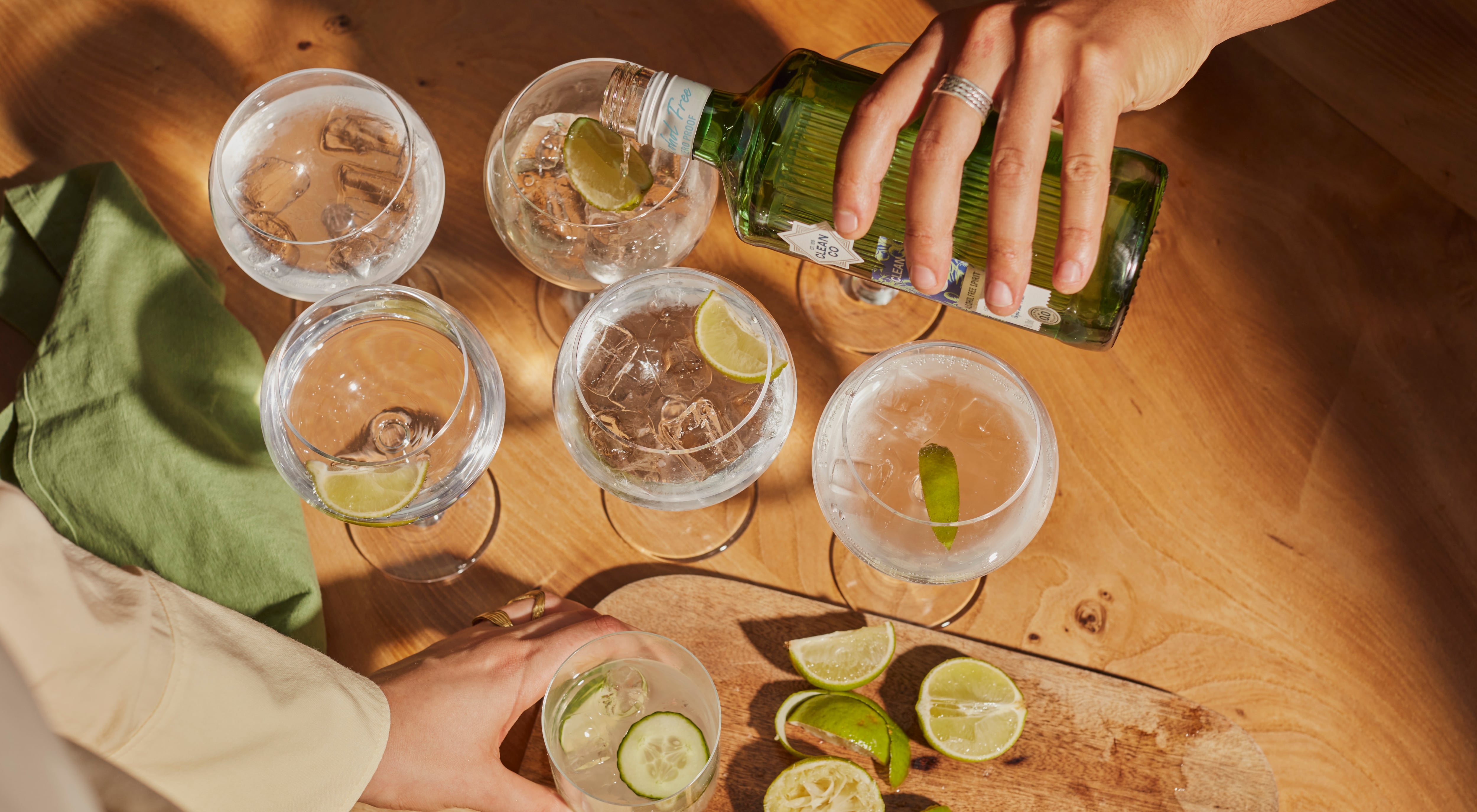
As the world’s leading independent non-alcoholic spirits brand, CleanCo knows just how quickly drinking trends are changing...
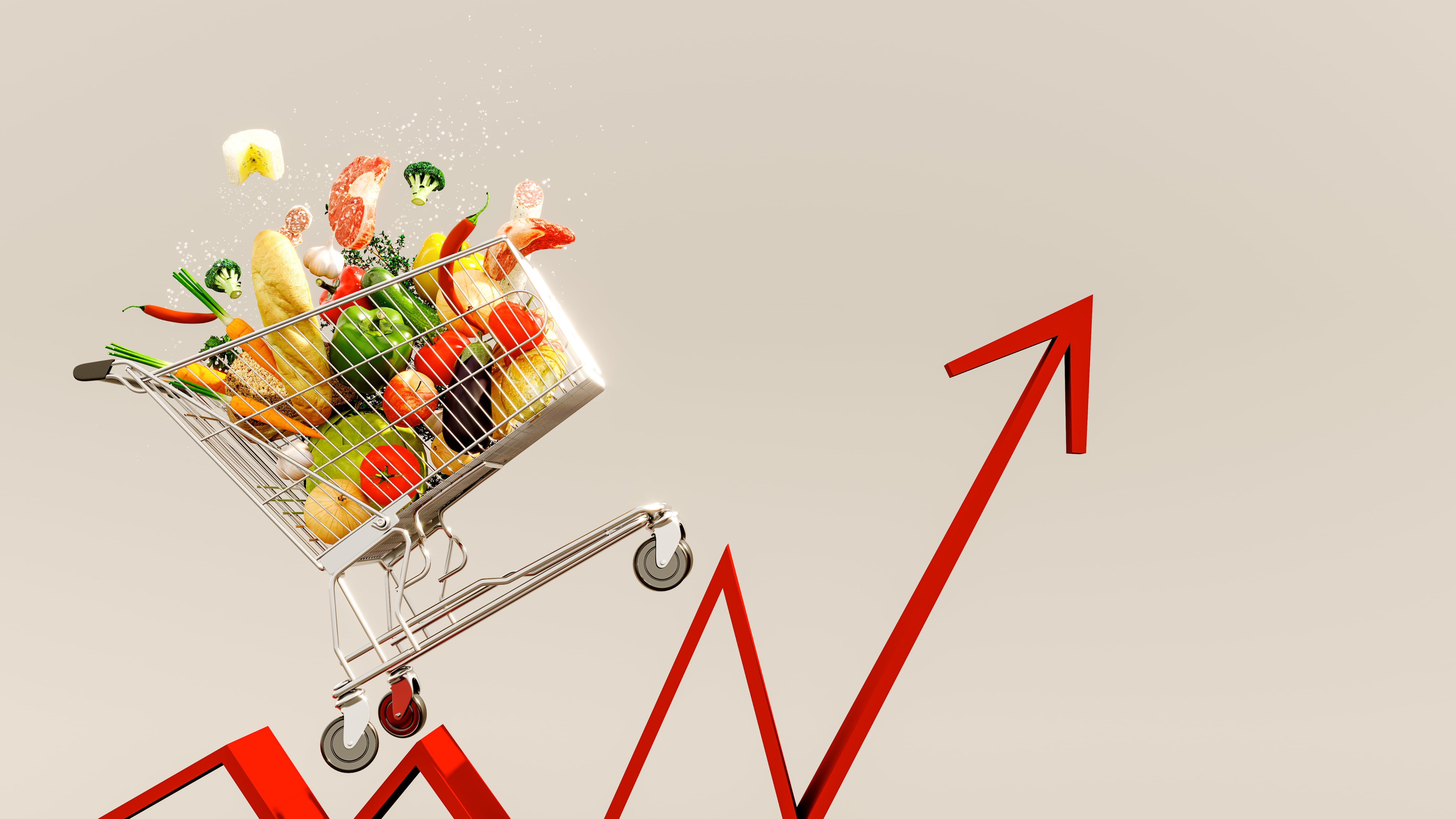
Dairy, bakery goods and produce climb – but cheaper eggs offer a rare break

Who’s dominating the sector and who’s falling behind?

Longevity is redefining consumer behaviour. Here are the top five nutrition trends every food and beverage brand needs to know

We take a look at five of the most crucial APAC food & beverage trends redefining the industry in 2026, from localisation and AI driven-growth to new innovation directions
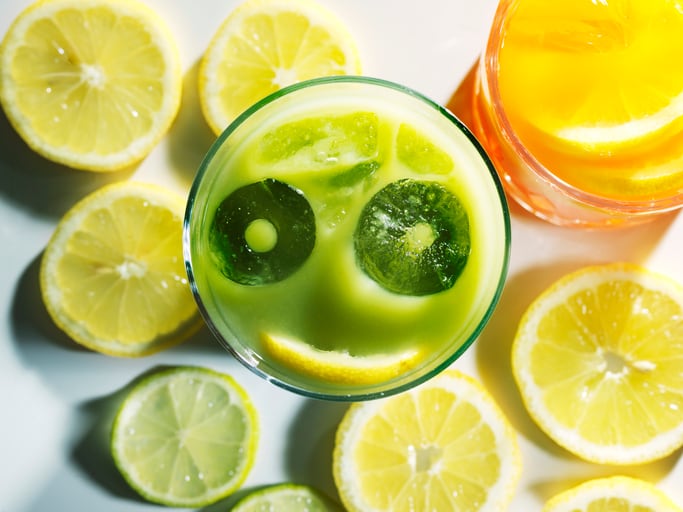
What are the top trends defining soft drinks in the coming year and beyond?
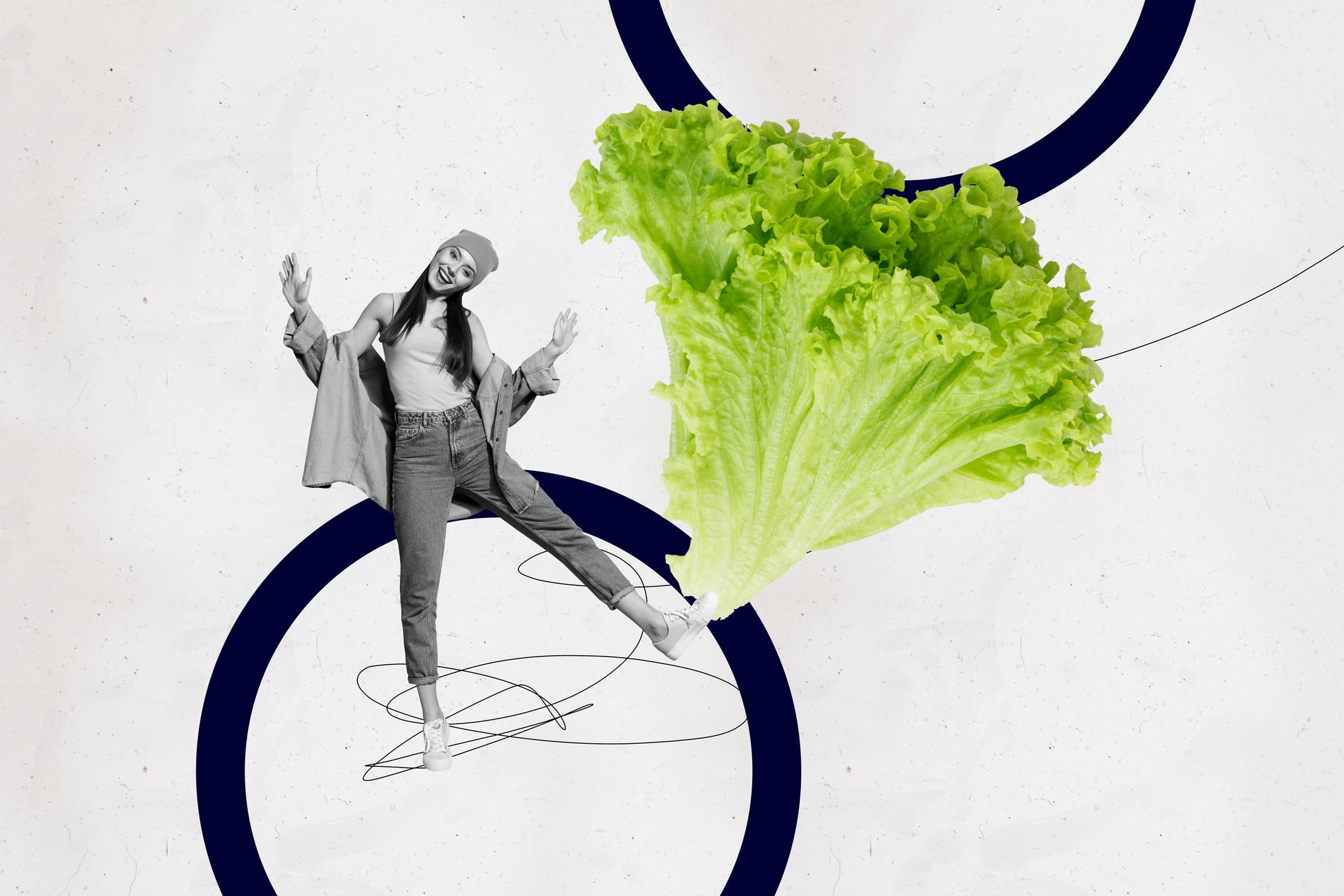
What predictions were right, and which ones didn’t come to pass?
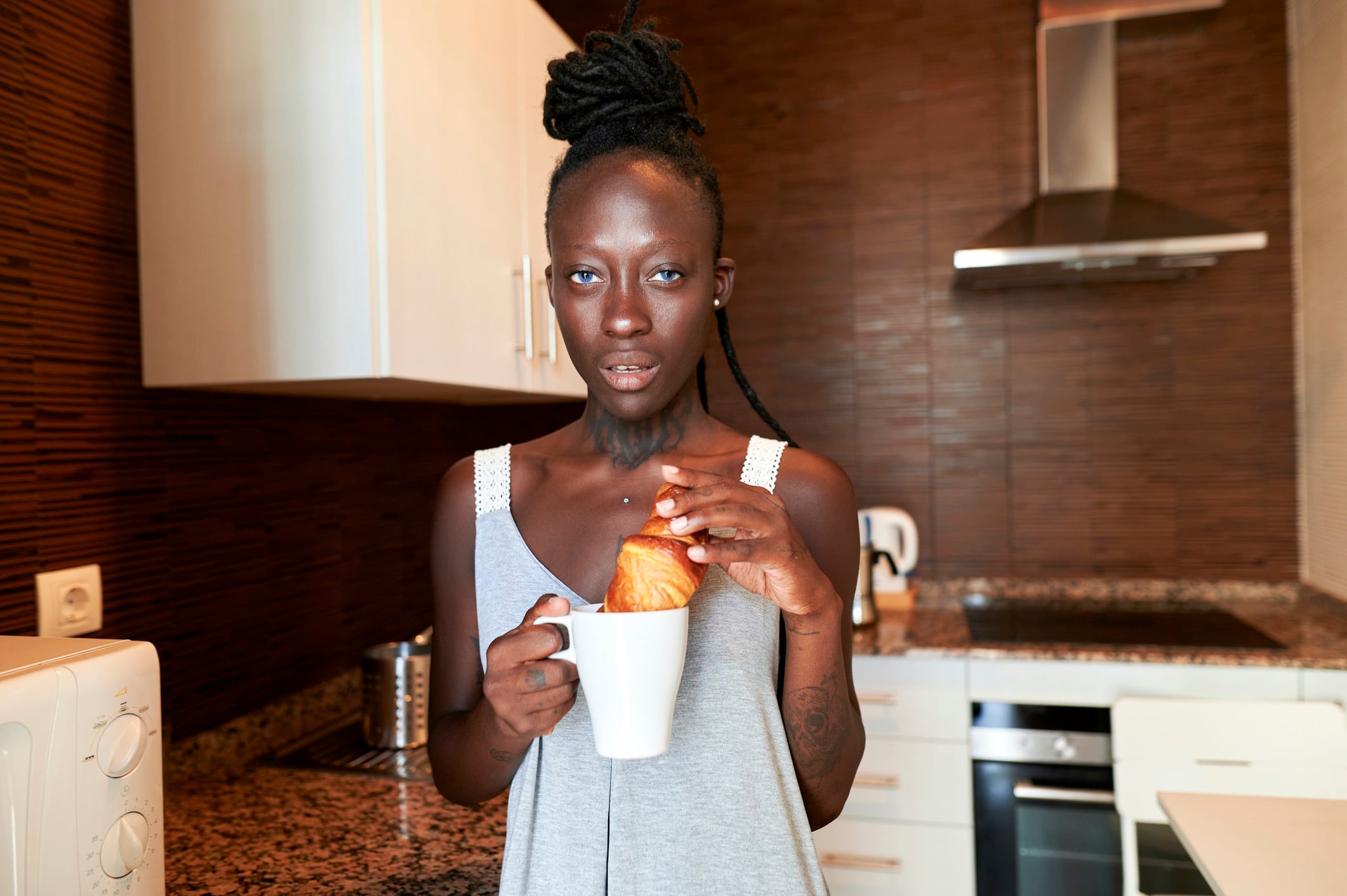
Africa’s booming youth population is transforming the bakery and snacks landscape, creating opportunities for brands rooted in local culture and convenience
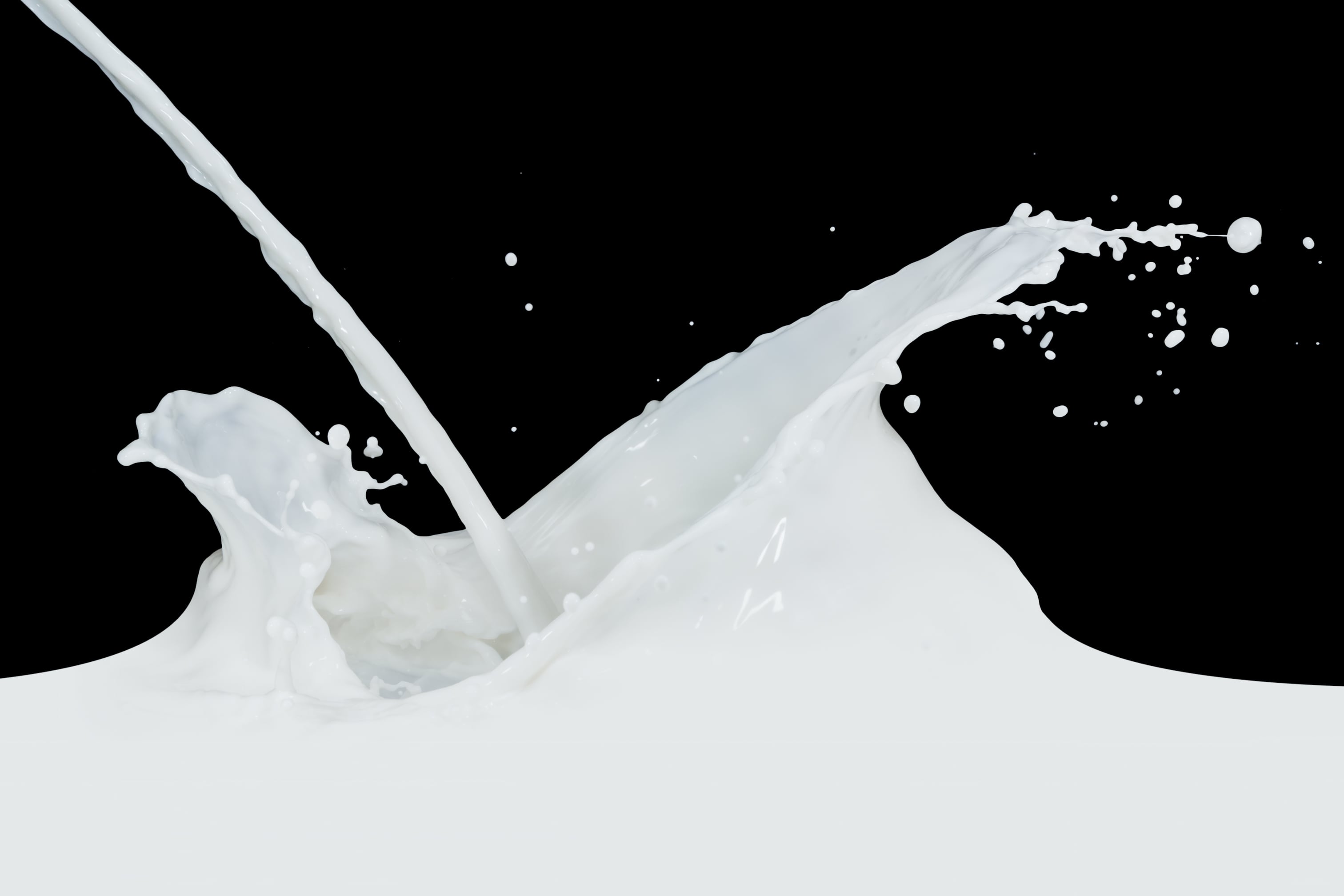
Lower farmgate milk prices have not tempered the high levels of milk production globally
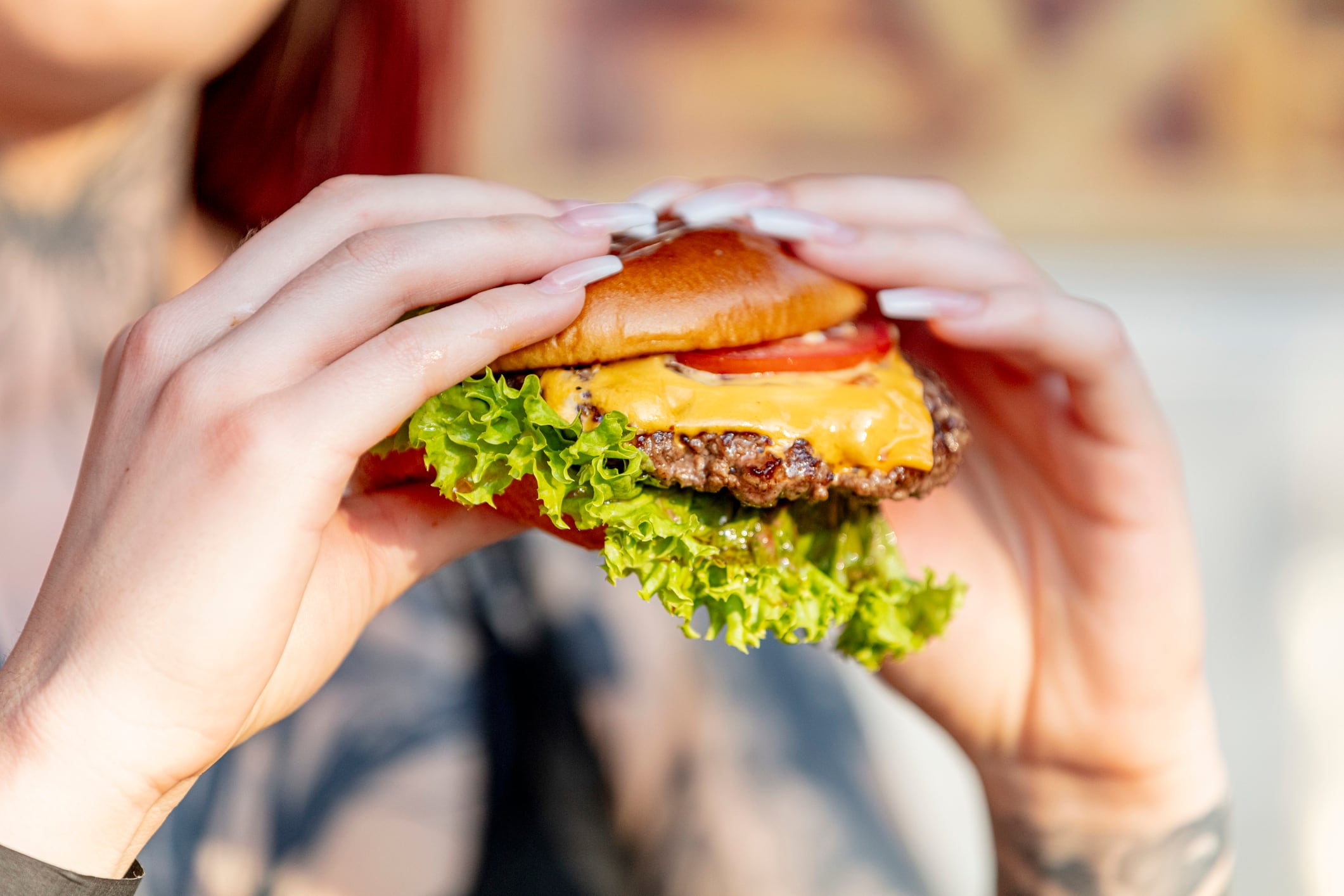
Ultra-processed diets aren’t equally dominant worldwide - but in some countries, they’re rising fast

The cocoa crisis is forcing chocolate manufacturers to rethink everything - from sourcing and compliance to innovation and consumer trust
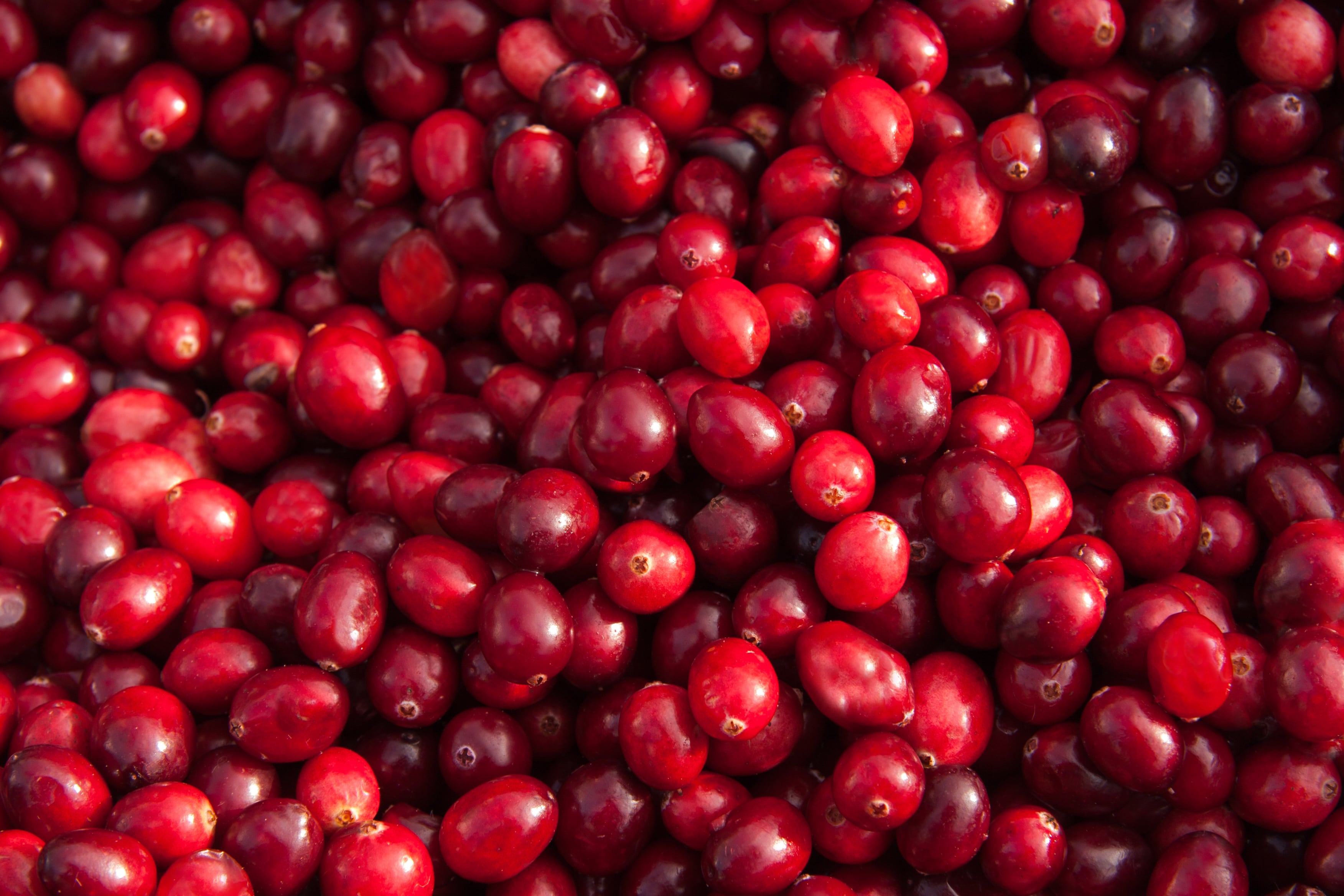
Once the star of the Christmas table, the cranberry is stepping out of the bog and into bakery innovation – from upcycled seeds to tangy syrups – proving it’s anything but standard

Thai food giant CP Foods has developed a dedicated platform to support consumers making healthier food choices towards preventative healthcare
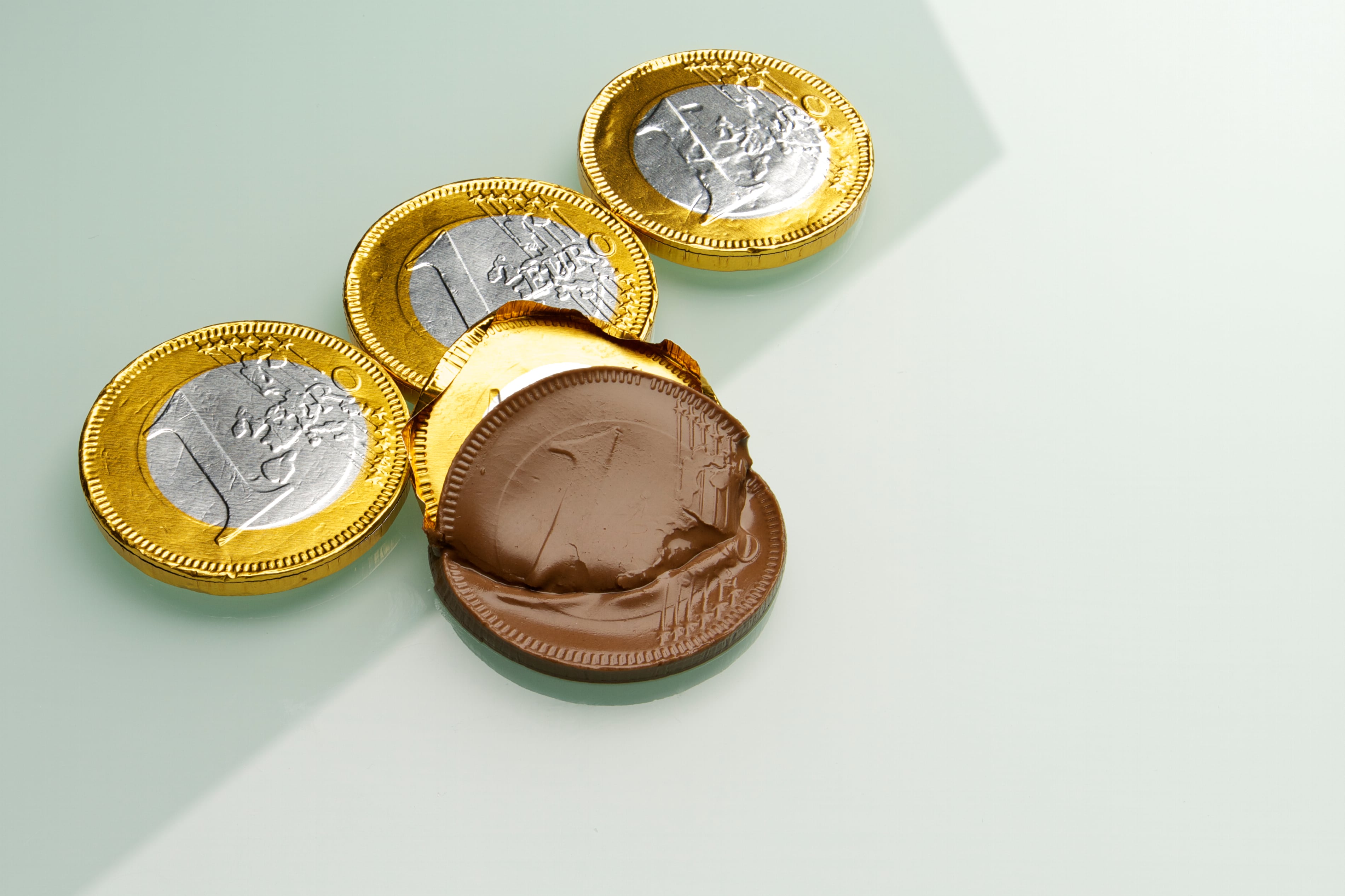
The largest players in food are making bold decisions in an effort to boost growth

Travel retail is no longer just about luxury - confectionery is taking off. Discover how Mondelēz is turning airports into brand-building playgrounds
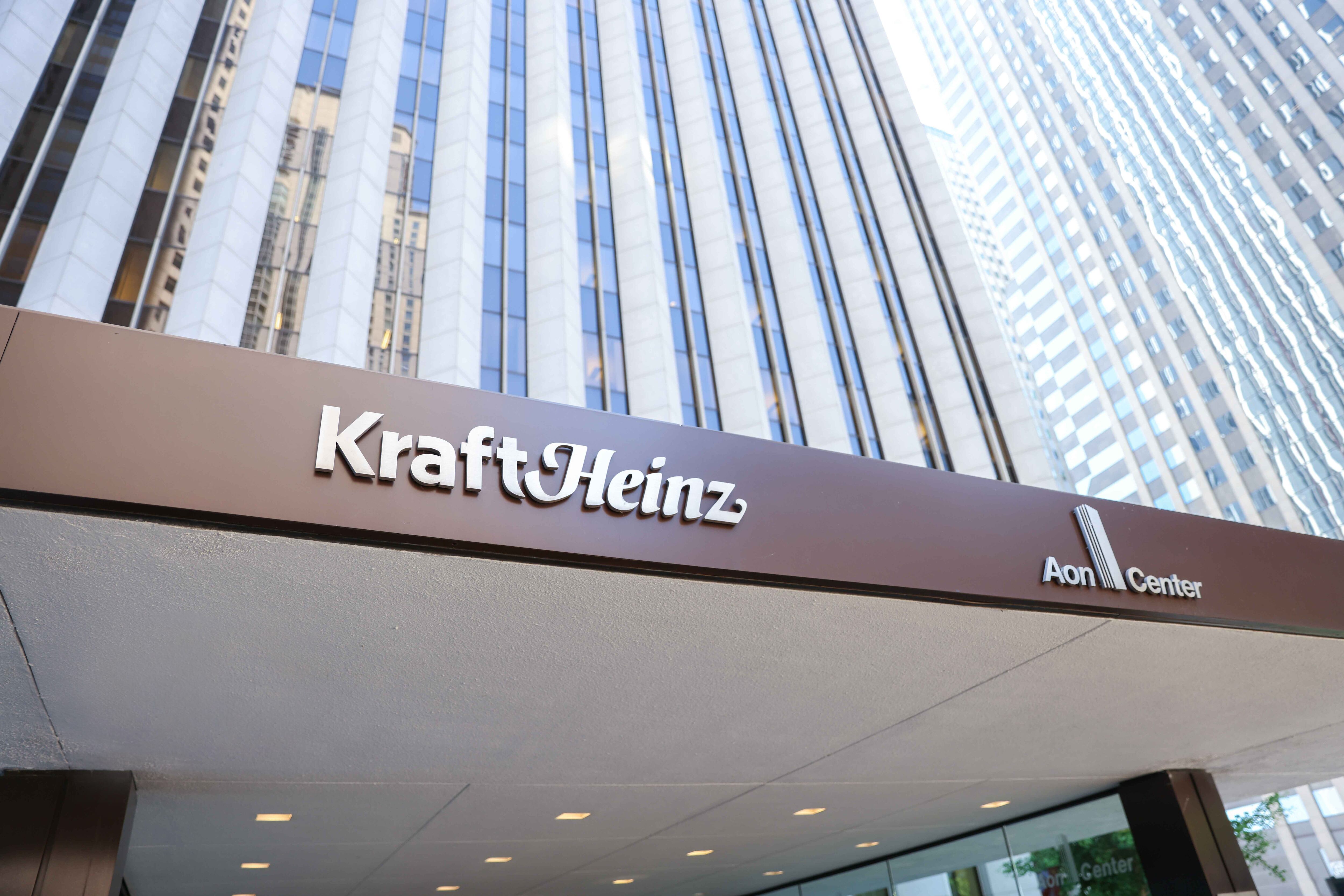
The food manufacturing giant plans to divide into two companies by the second half of 2026

Discover the top trends set to shape consumer choices and product development

Once an Indian household tradition, mithai (traditional confections) is now a global indulgence and brands like Haldiram’s are cashing in on Diwali’s sweet glow-up
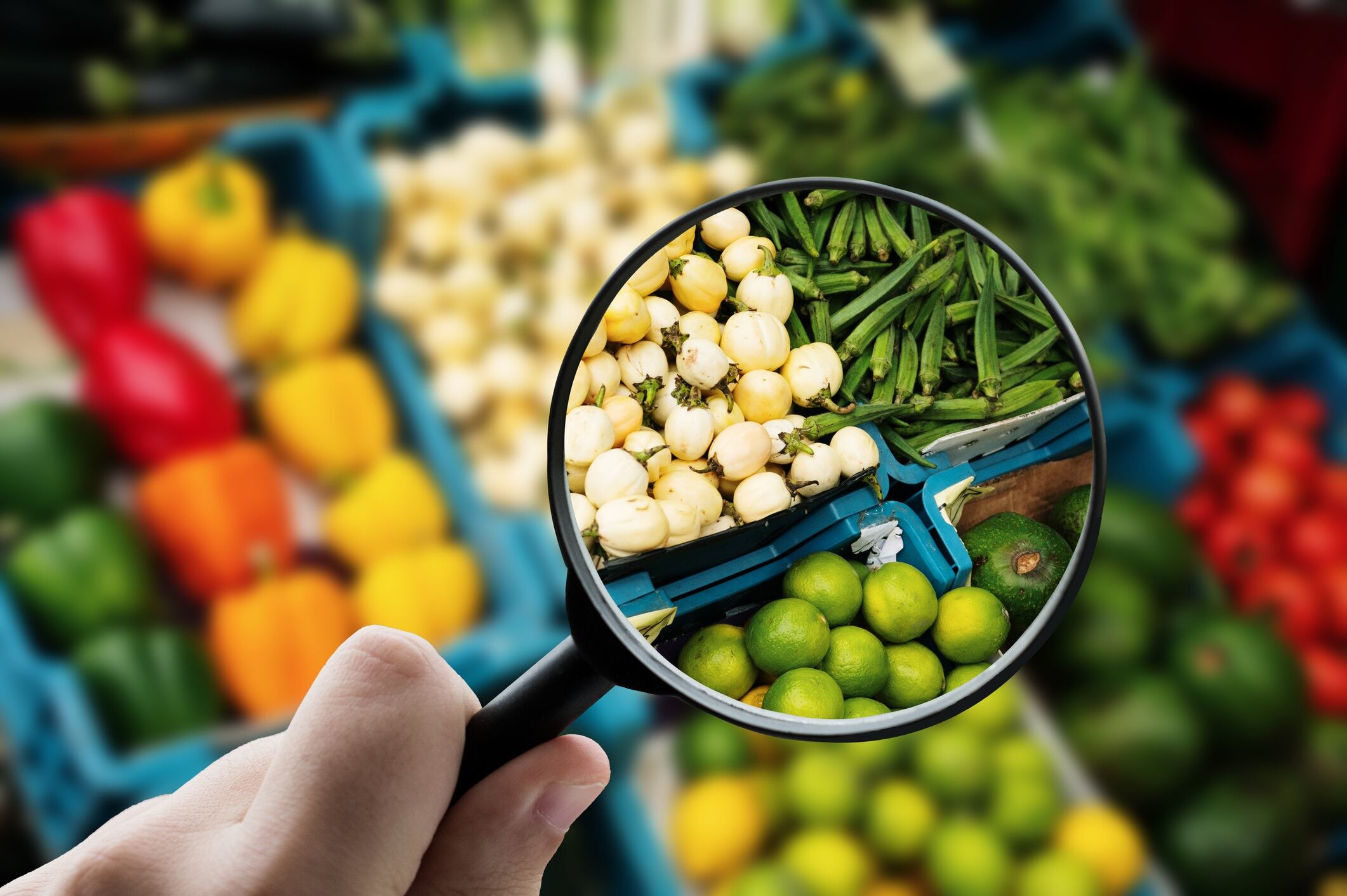
The discovery of ‘nutritional dark matter’ is unlocking new paths for smarter food innovation, targeted health benefits, and precision nutrition
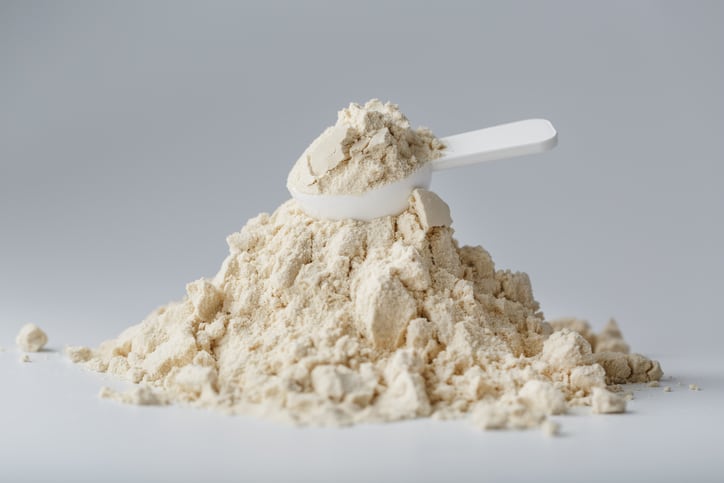
Once just a bottle shaker staple, protein is taking on new forms and finding its way into everything from soda to chips to macaroni and cheese.

Fi Asia 2025
AI is driving food innovation and marketing strategies – here are four major ways experts at Fi Asia 2025 say it is shaping production and improving relevance
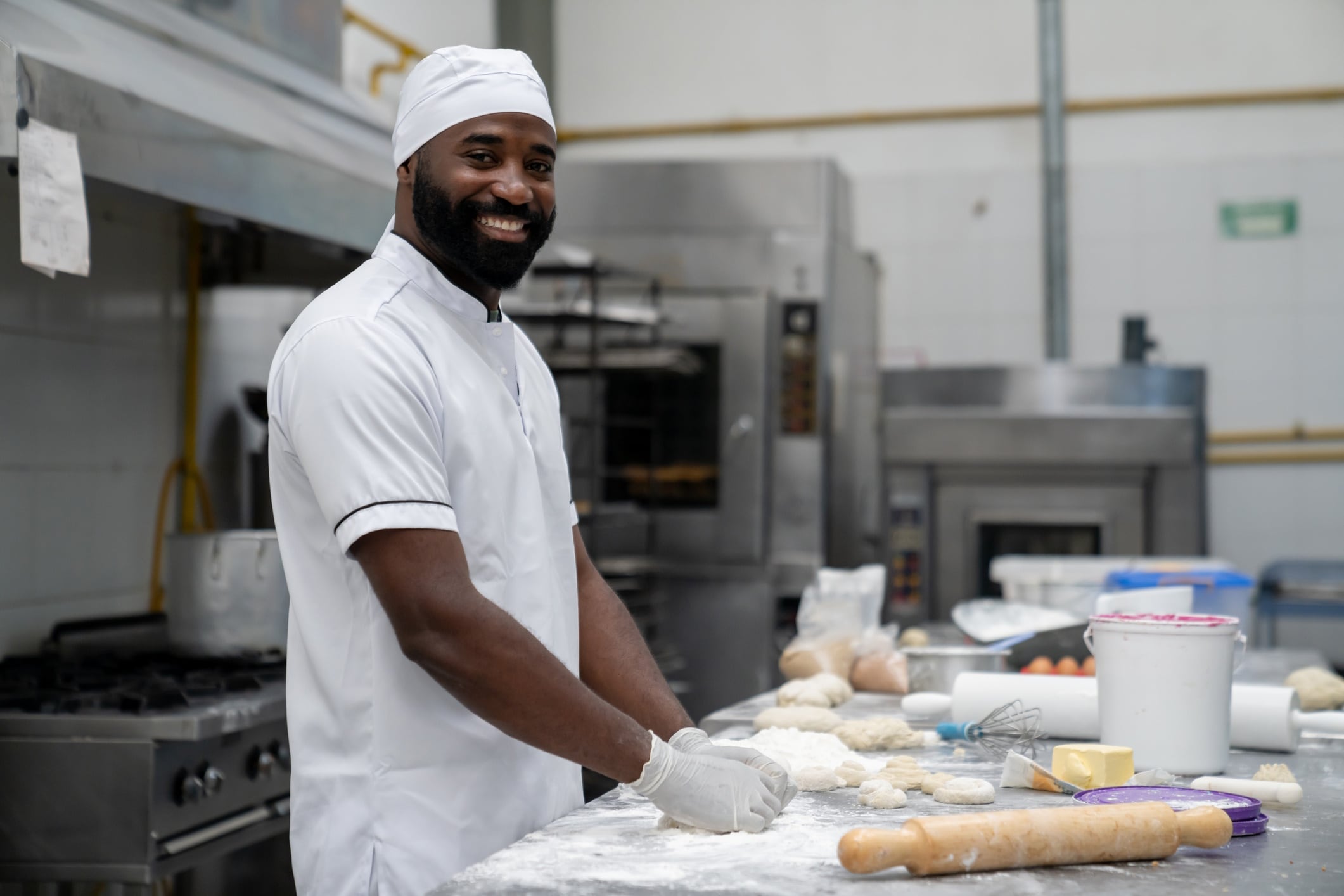
Erratic weather and rising costs are forcing Africa’s food sector to rethink how it sources grain and dairy – and how to keep bakeries and cereal lines running
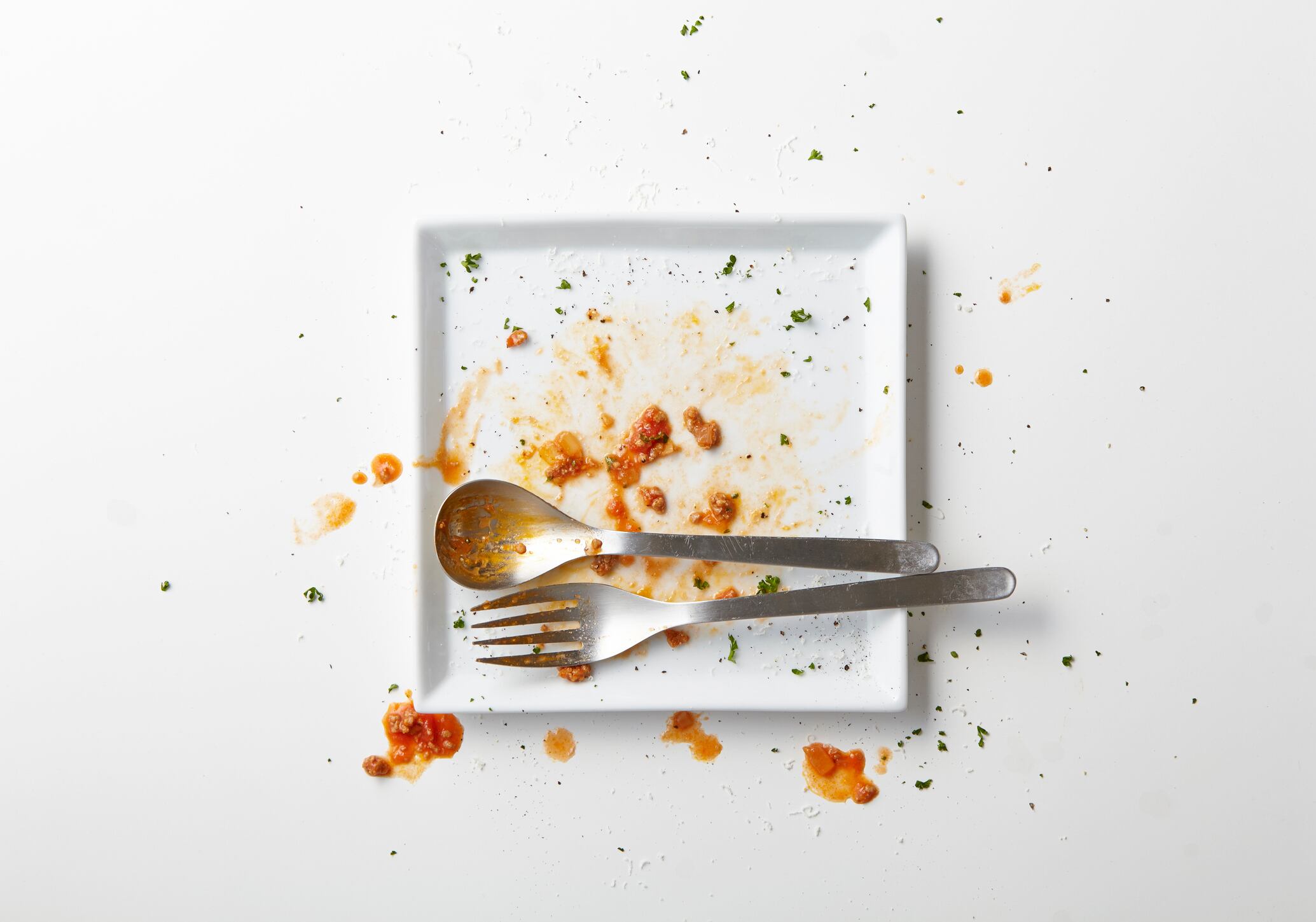
What’s the optimal intake of animal-source foods?
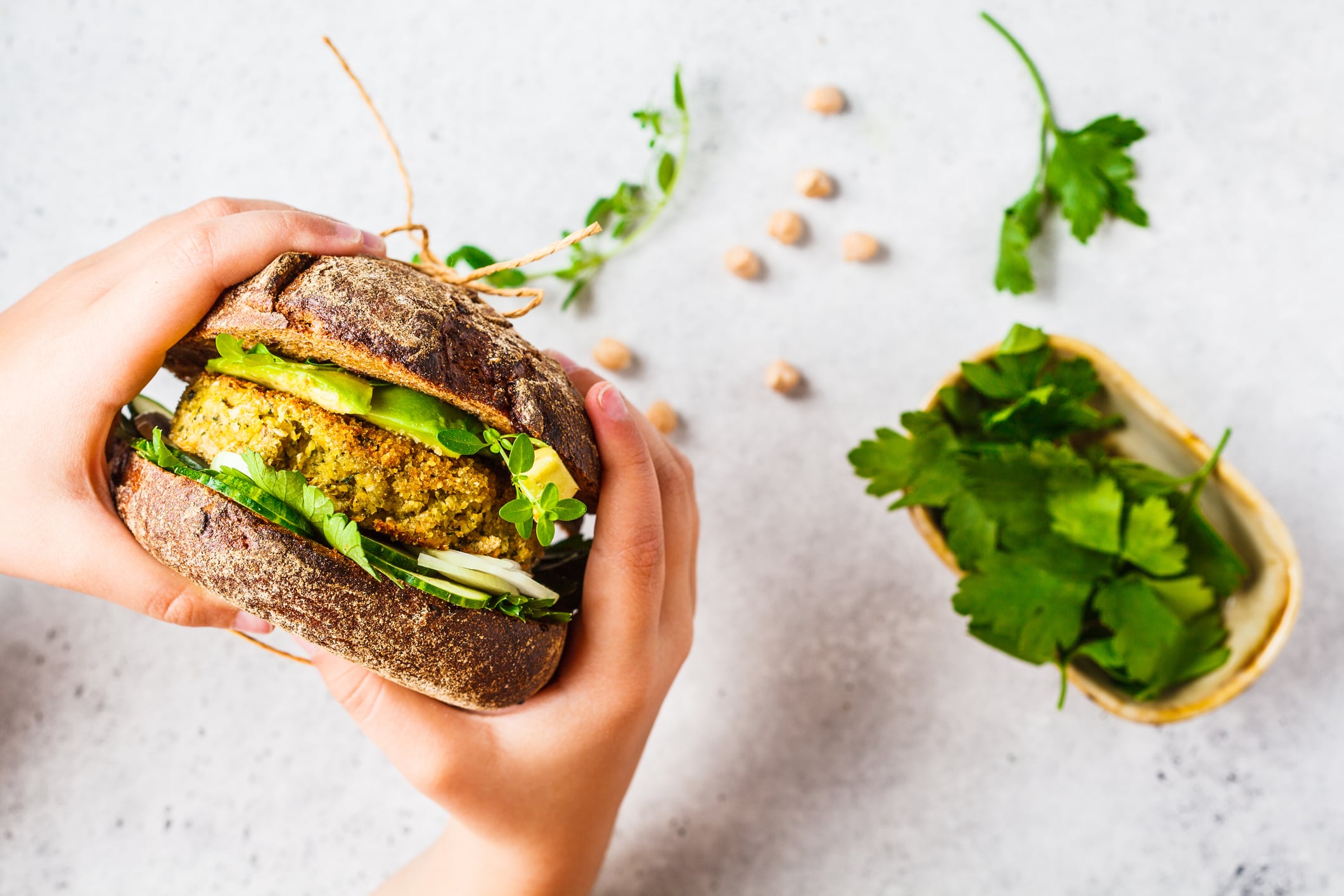
The world’s biggest meat company is launching a ‘new leader in European plant-based food’
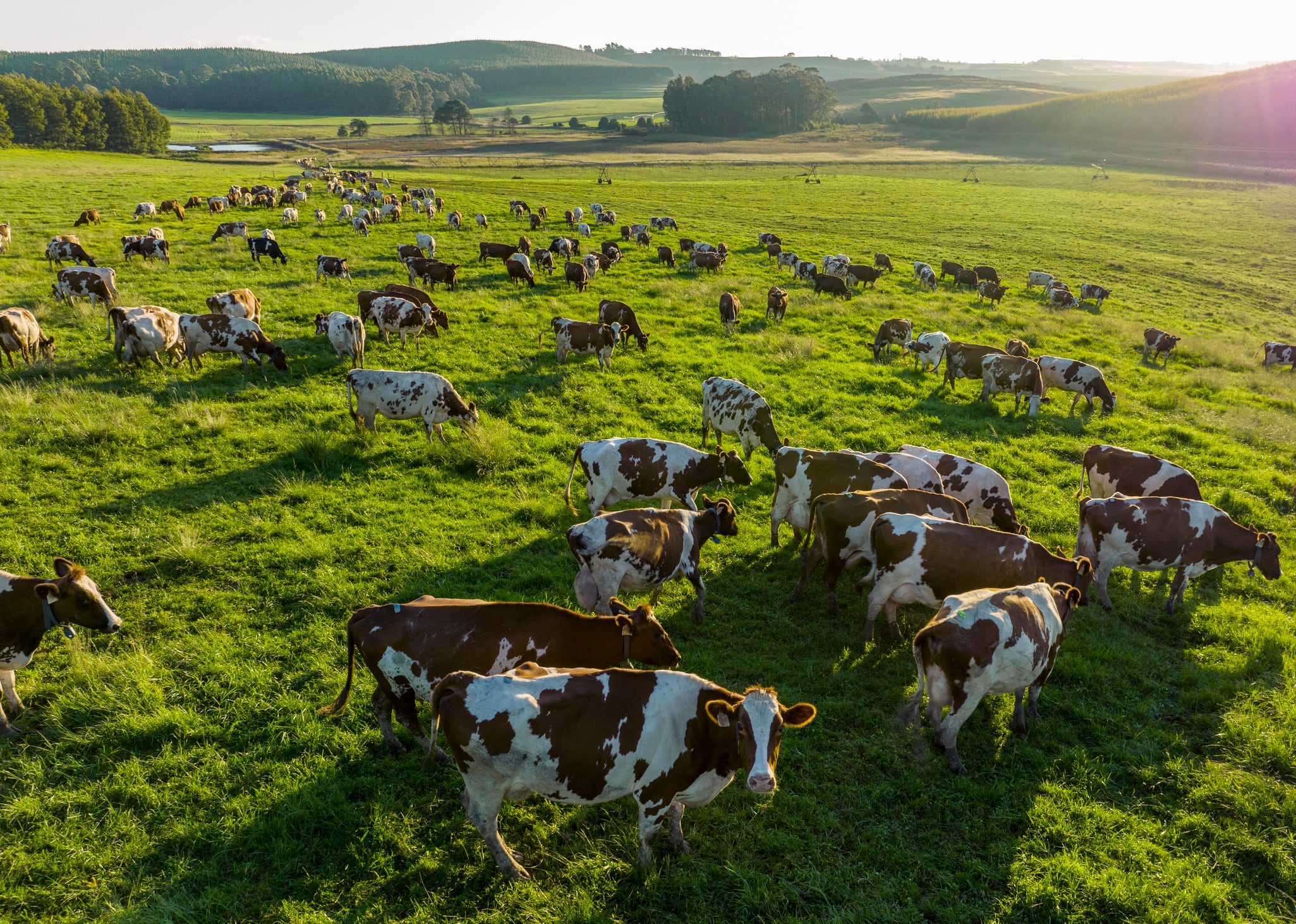
Sustainable September
Regulatory priorities may be shifting but climate risks, investor trust and consumer demand make industry action non-negotiable

Pumpkin spice still anchors autumn, but fatigue is setting in. With cinnamon, caramel and citrus surging, makers must balance nostalgia with novelty to win fall 2025
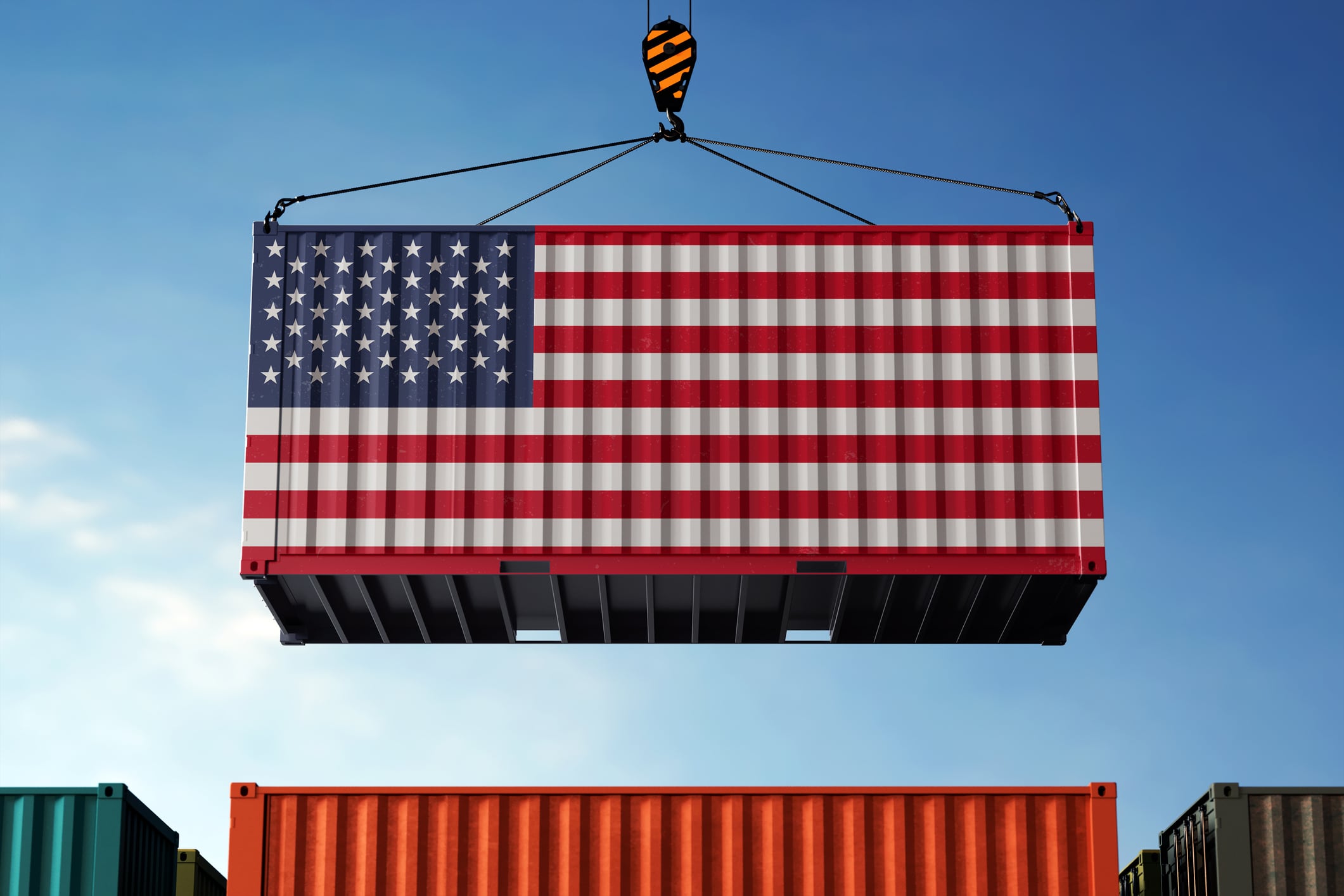
The uncertainty and volatility of the US tariff environment are pushing CPG brands to navigate higher input costs while waiting for potential relief on essential commodities

Which brands make the top 10 non-alcoholic drinks and why?
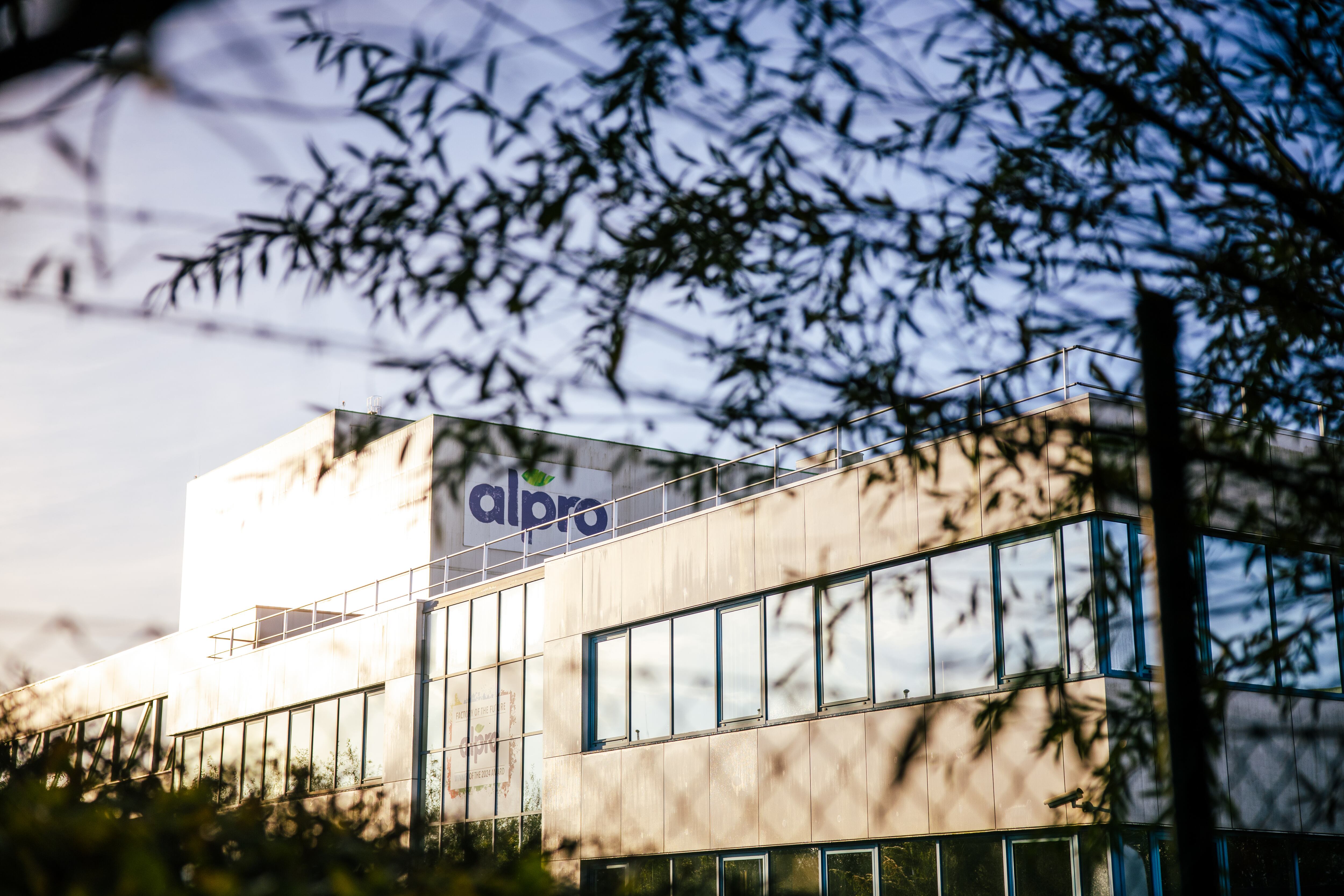
Danone has delivered robust sales growth overall, thanks to its ‘Renew Danone’ strategy, but is seeing losses in some markets
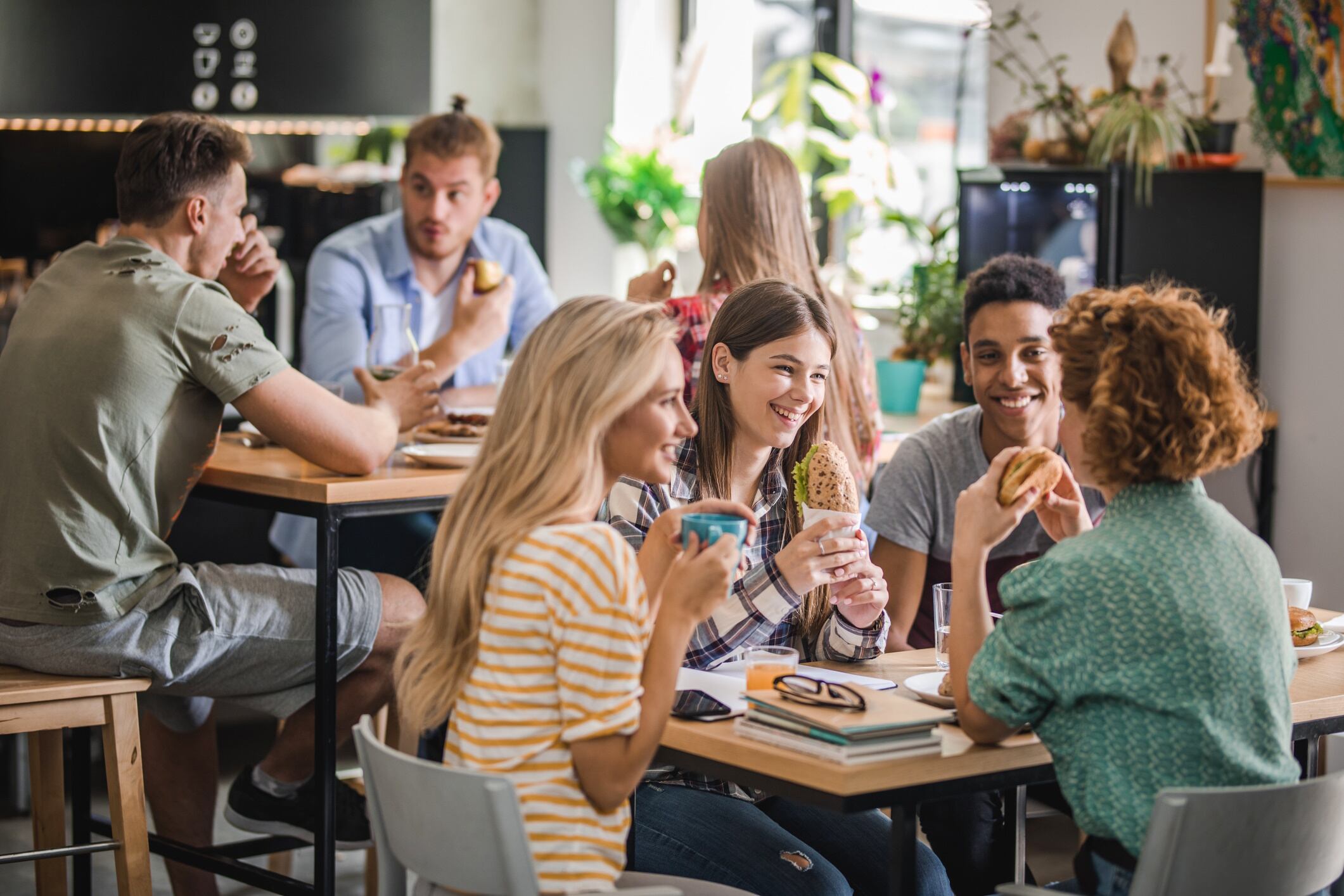
With 99% of its portfolio now additive-free and a strategy built for a world turning against ultra-processed foods, the Mexican company is quietly reshaping the global food game
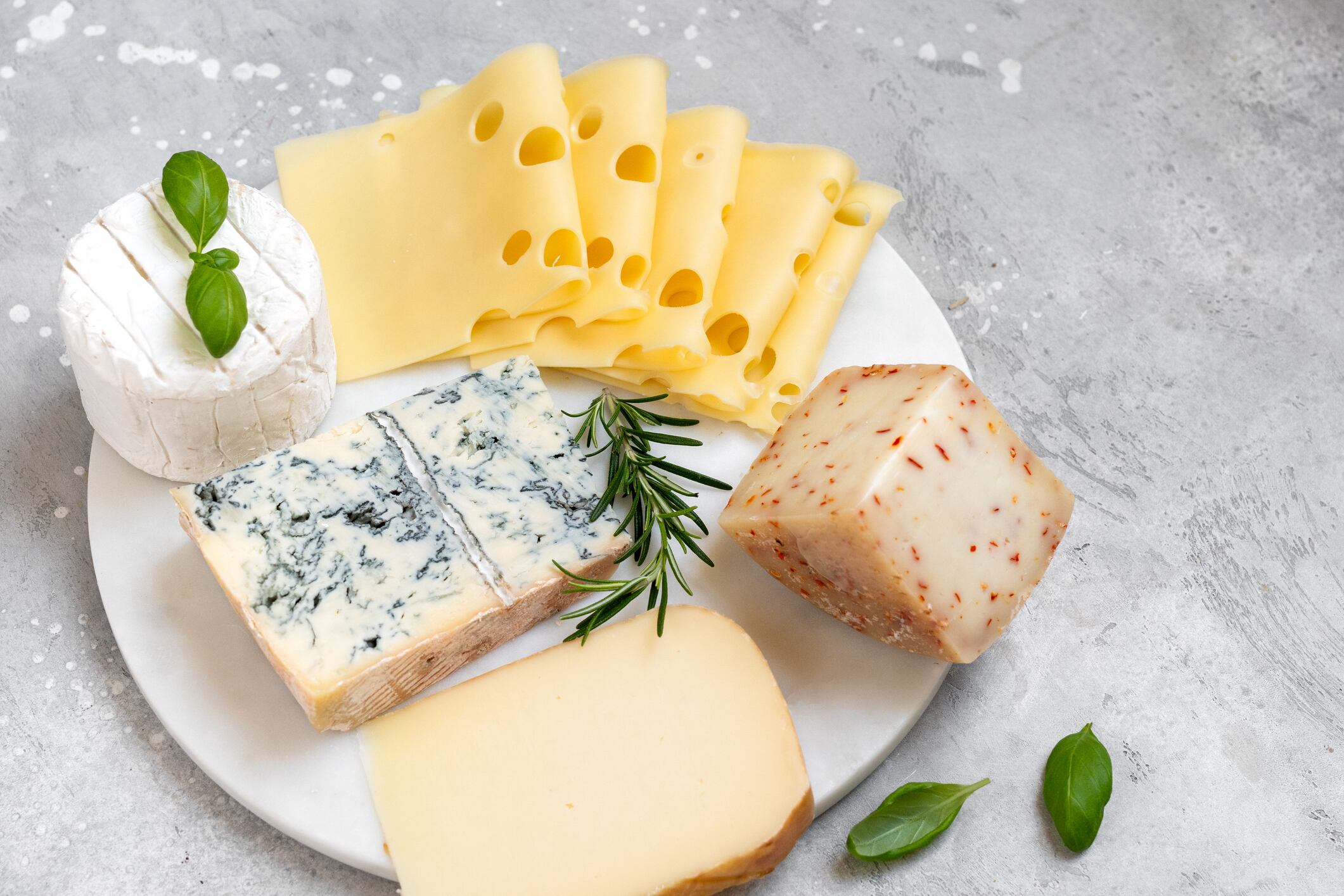
Can buttermilk replace kefir? Will skyr disrupt yogurt? Can curd rock cottage cheese?
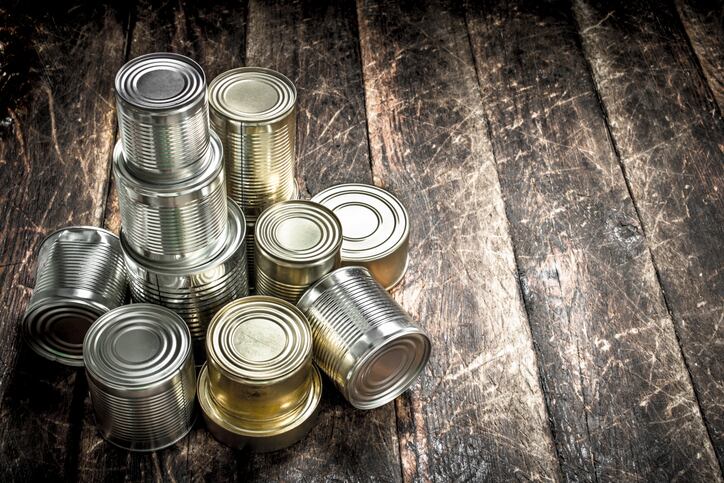
The Consumer Brands Association warns that unless the Trump administration ‘fine-tunes’ its trade policy and if it reinstates reciprocal tariffs on July 9 it would de facto pick ‘winners and losers’ among domestic producers with packaged goods...
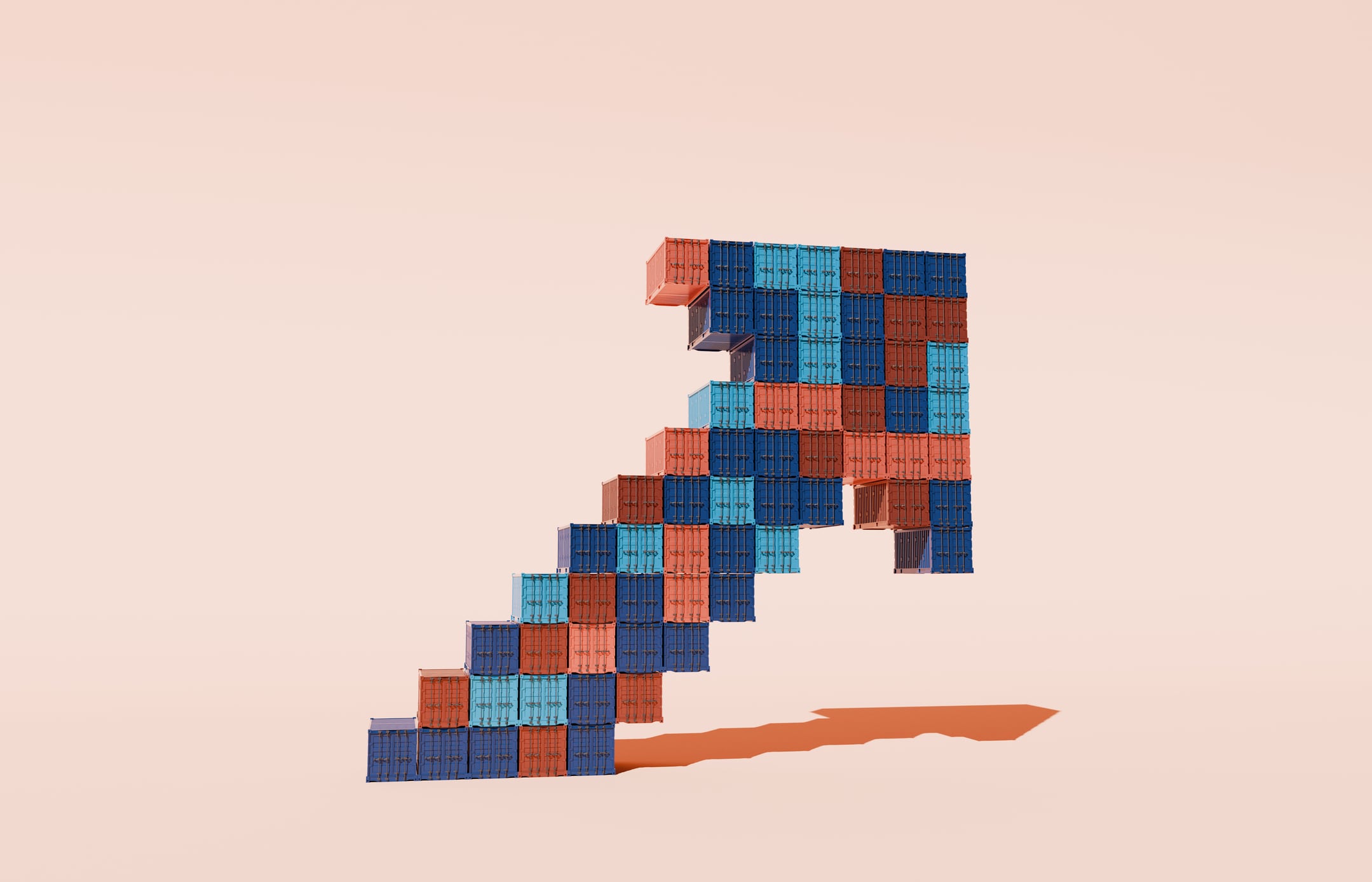
South Korea has set its sights on Latin America for food safety exchanges and export growth plans to support food trade
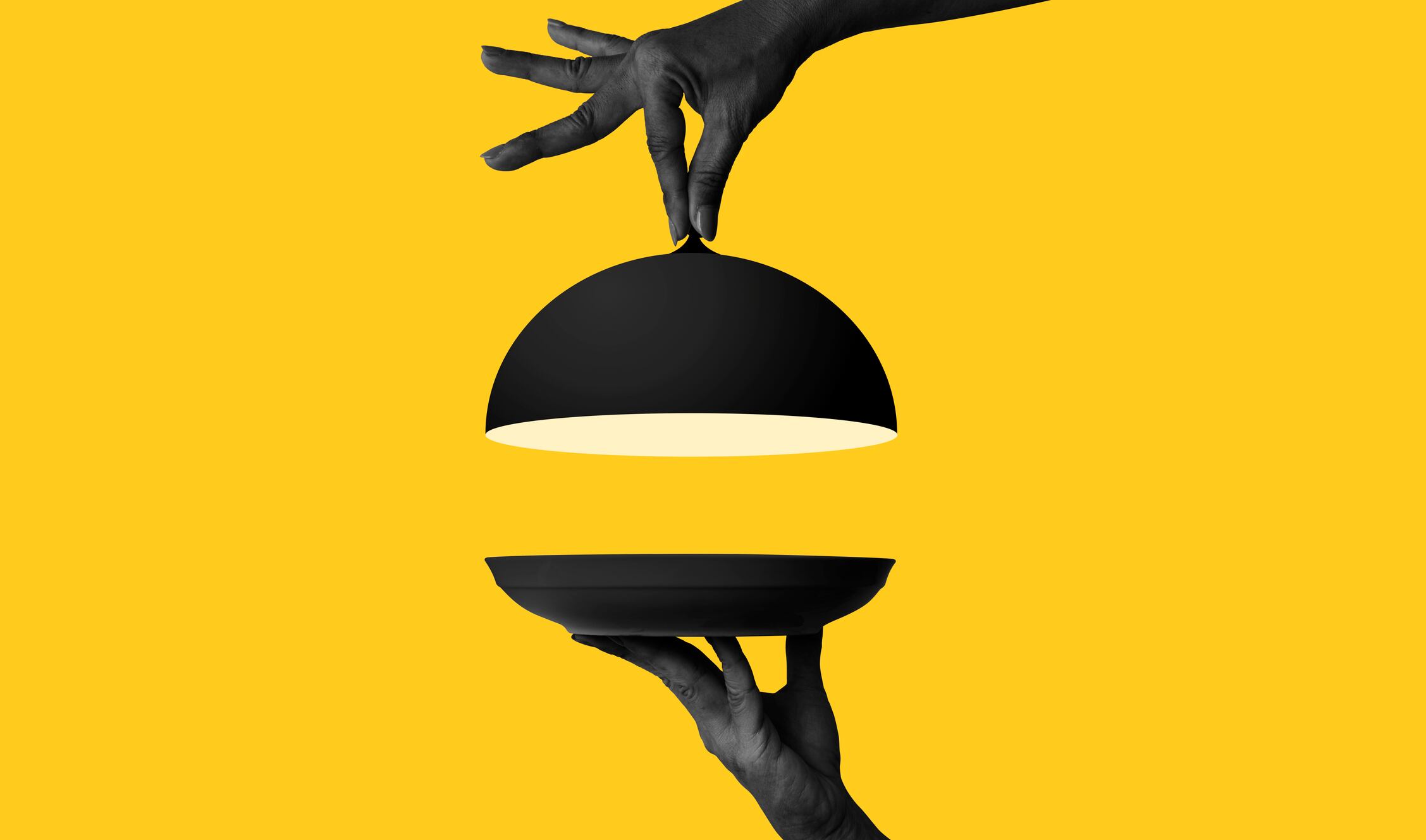
The drugs have already been predicted to change the way we eat
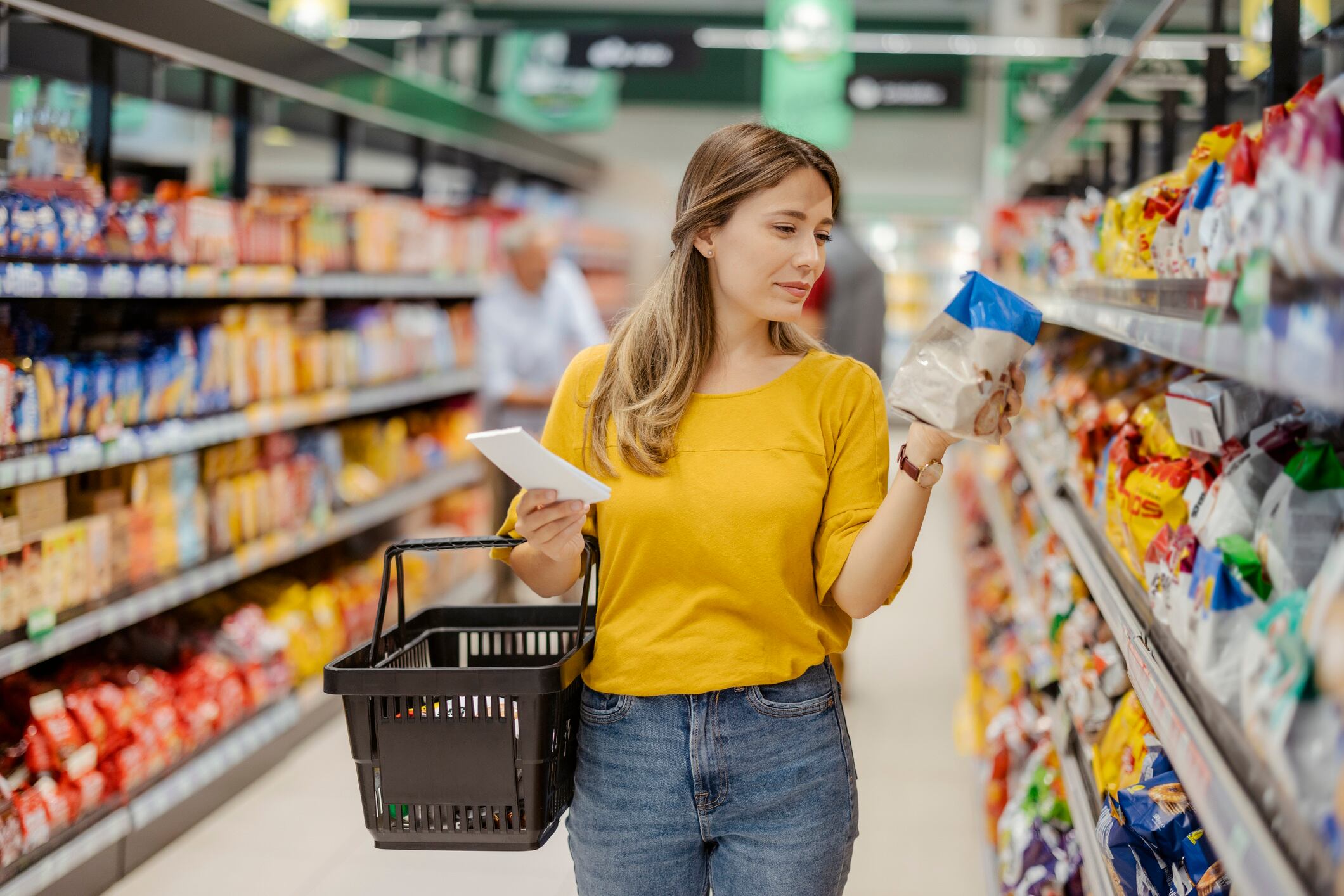
As health, convenience and sustainability drive consumer demand, brands are raising the bar on what it means to snack smart
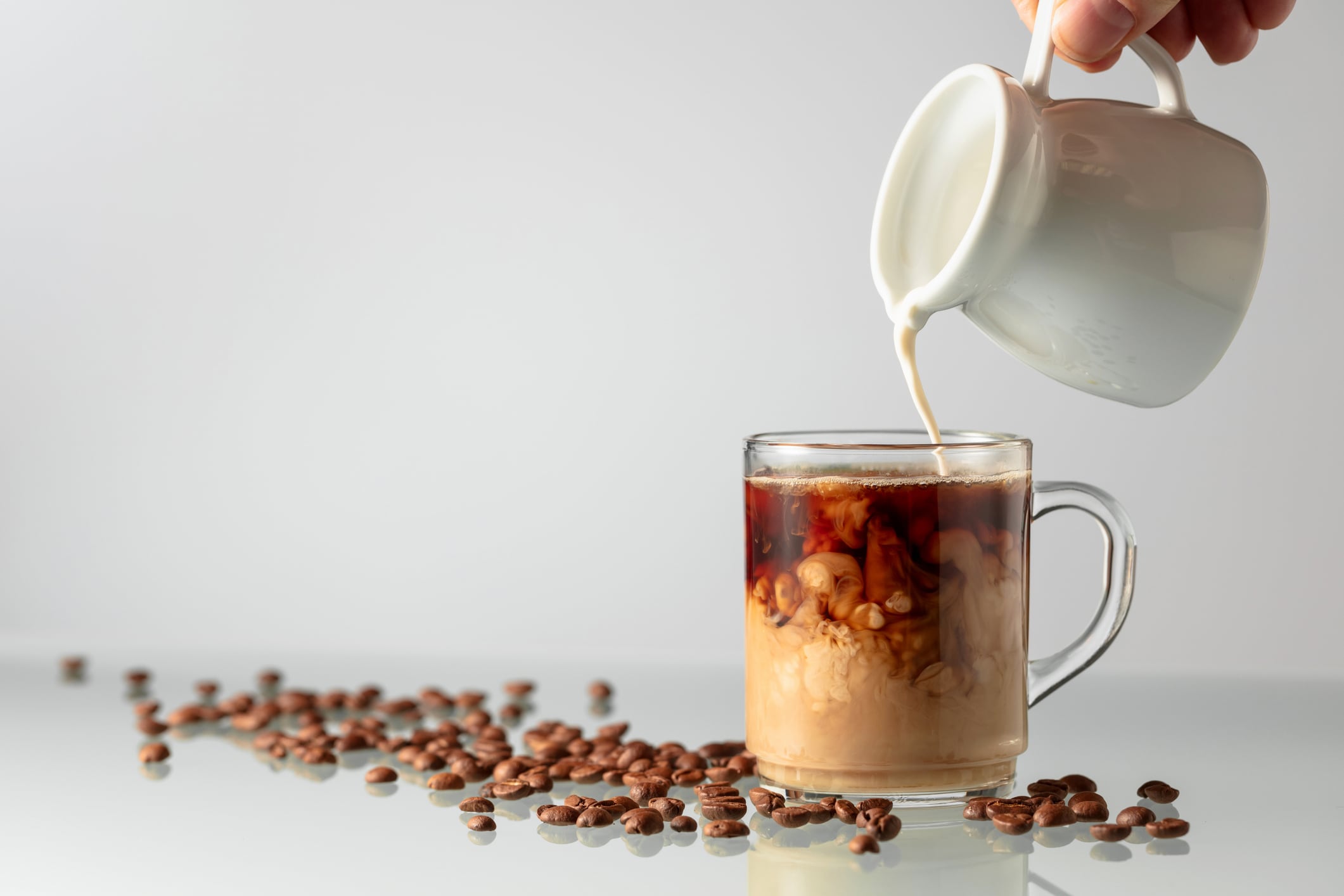
From tapping into the CoffeeTok culture to elevating plant-based creamers, how is one of the major coffee creamer producers moving the needle on innovation?
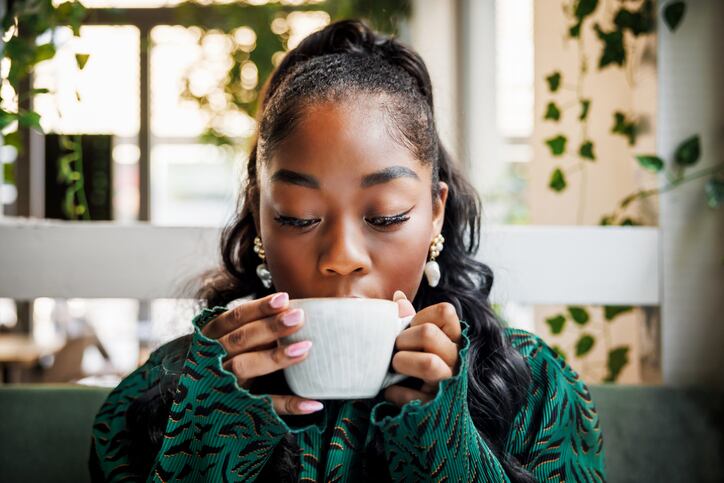
Future Food-Tech Chicago
Demand for coffee is rising, but current production is threatened by climate change and geopolitical tensions in regions where the crops are concentrated – creating an opportunity for new methods for creating coffee and alternatives